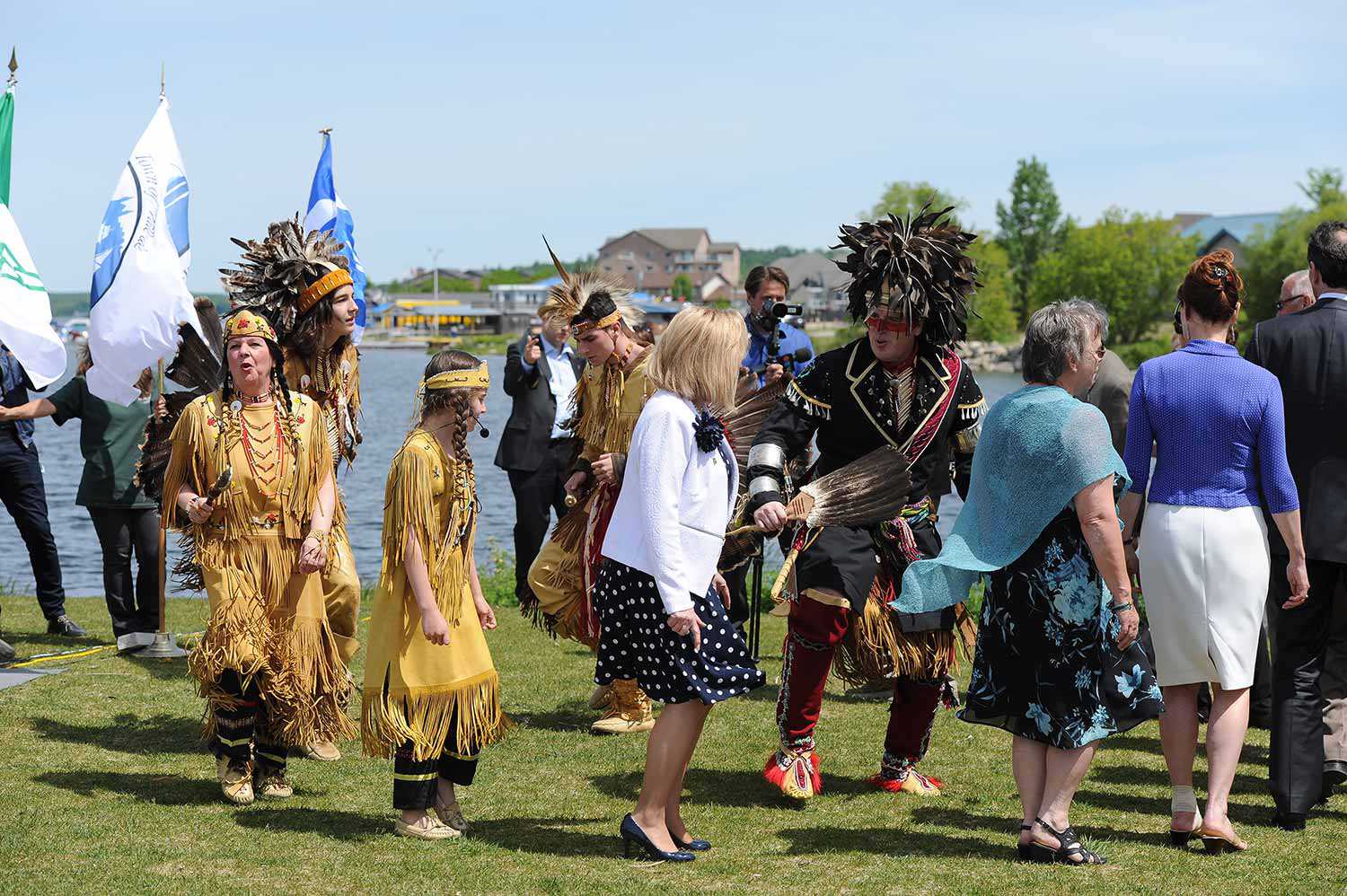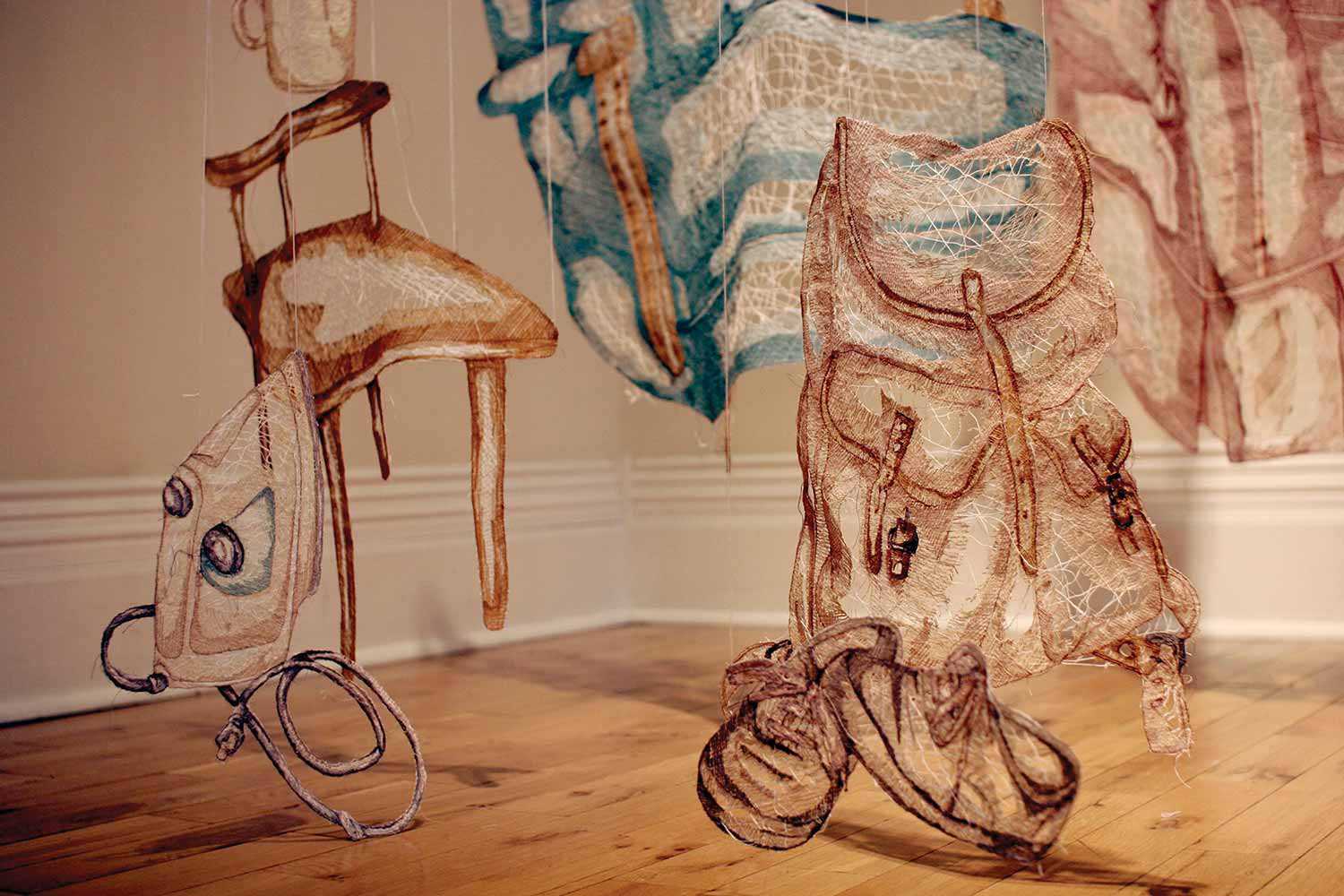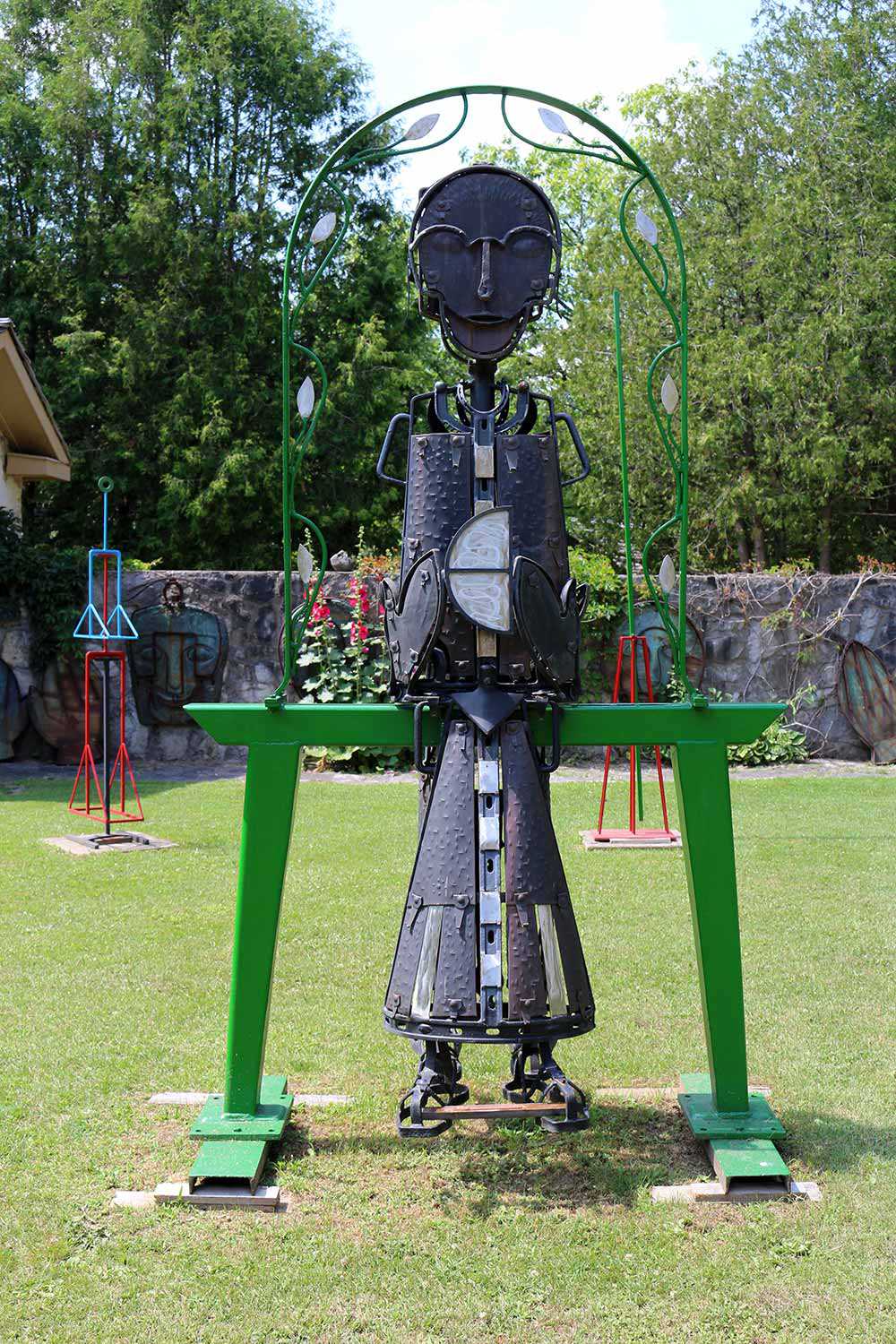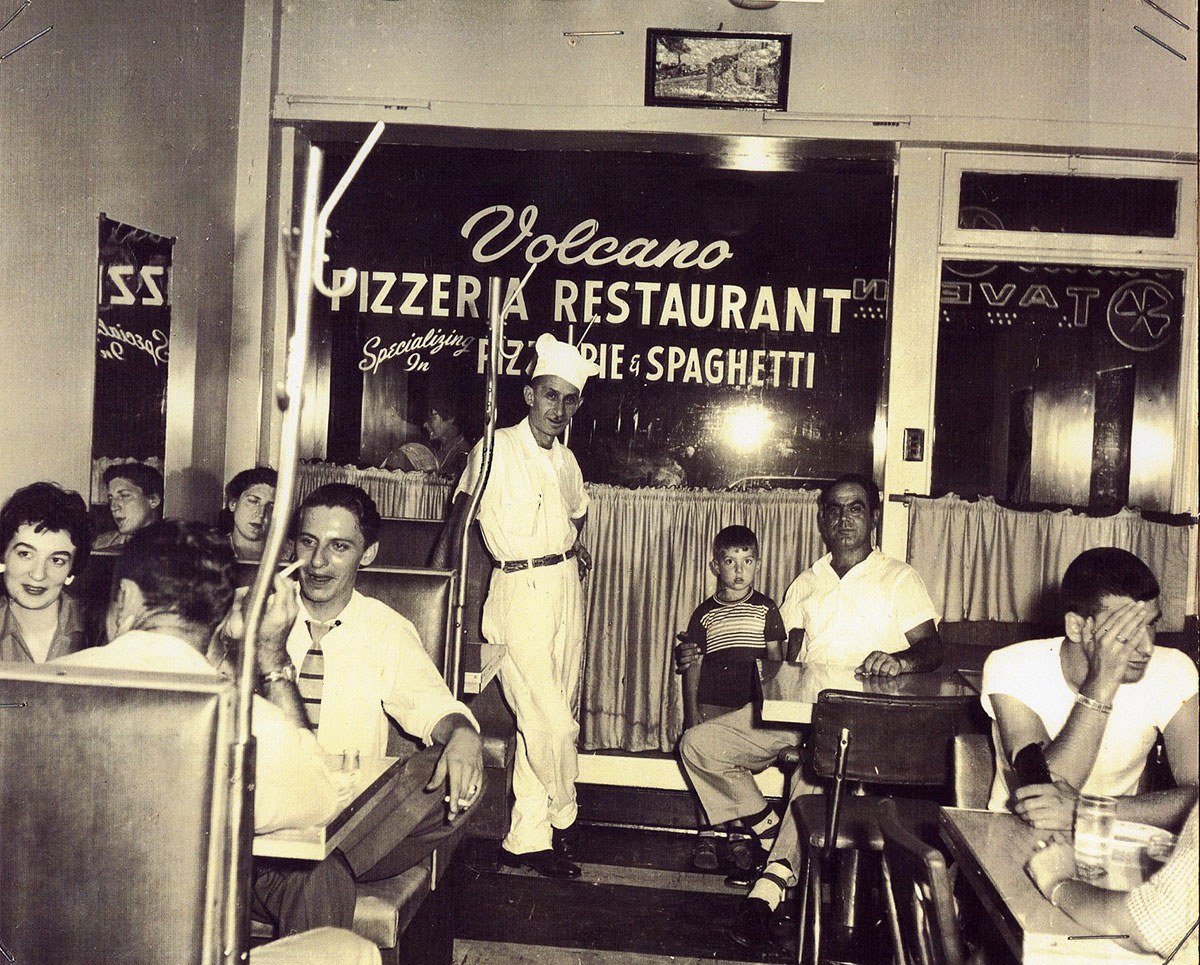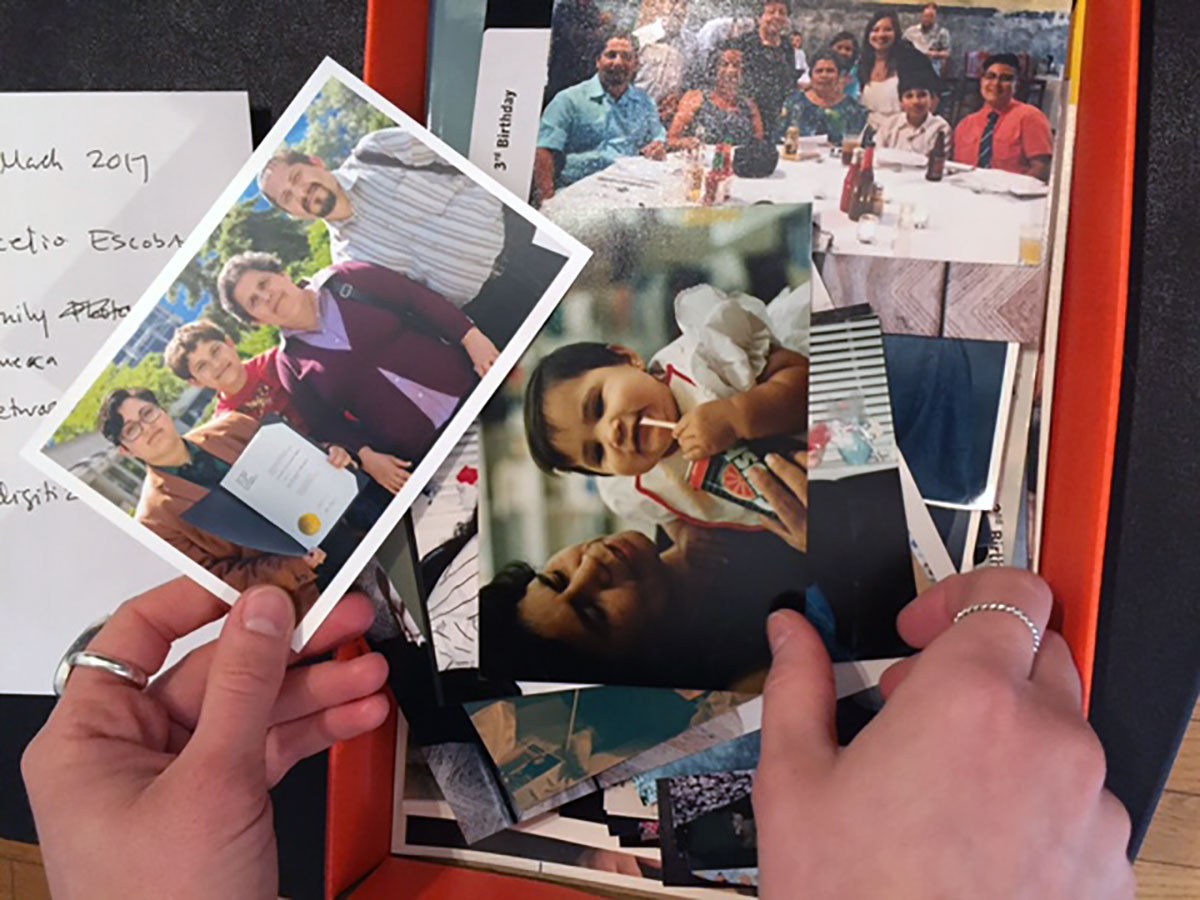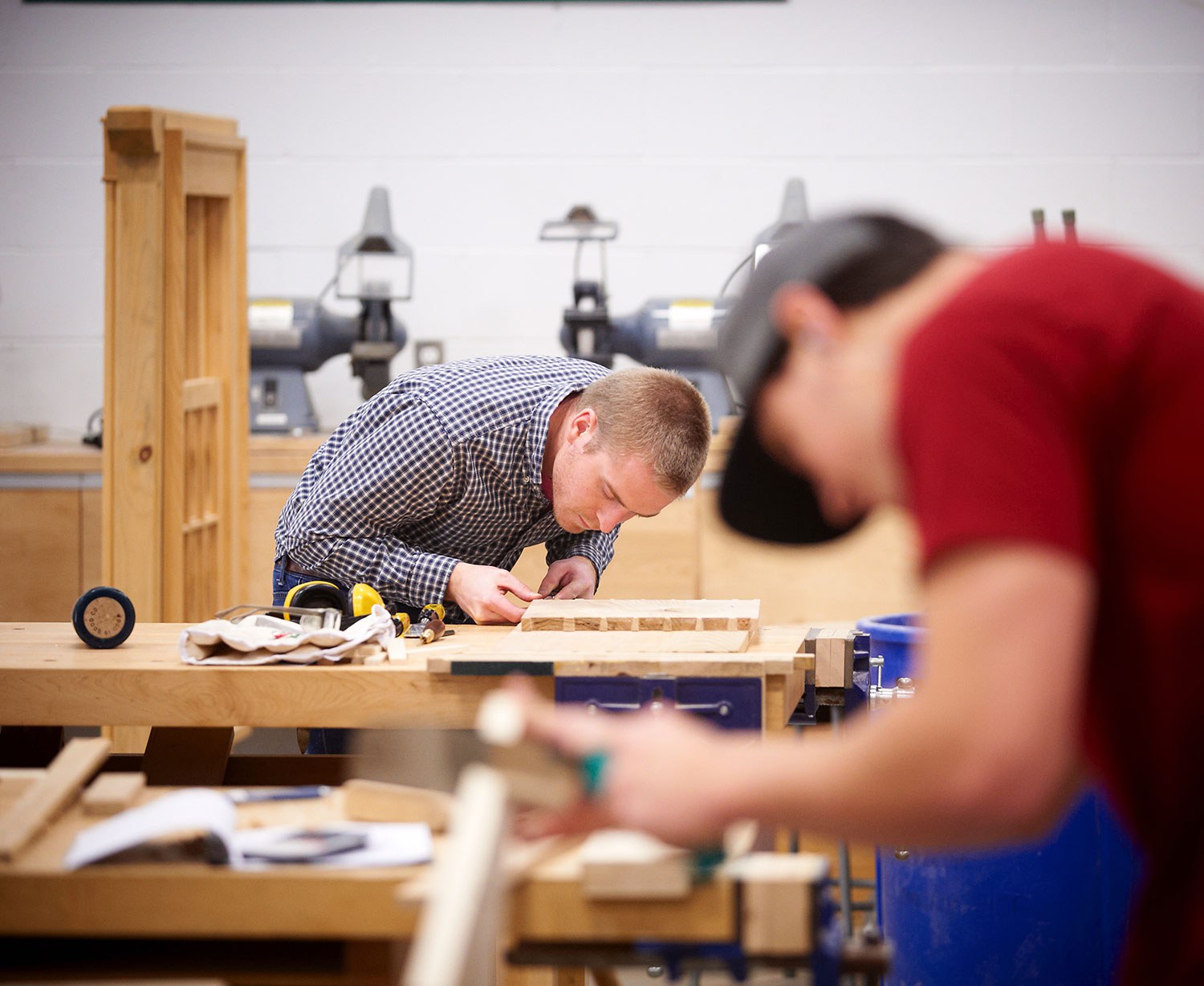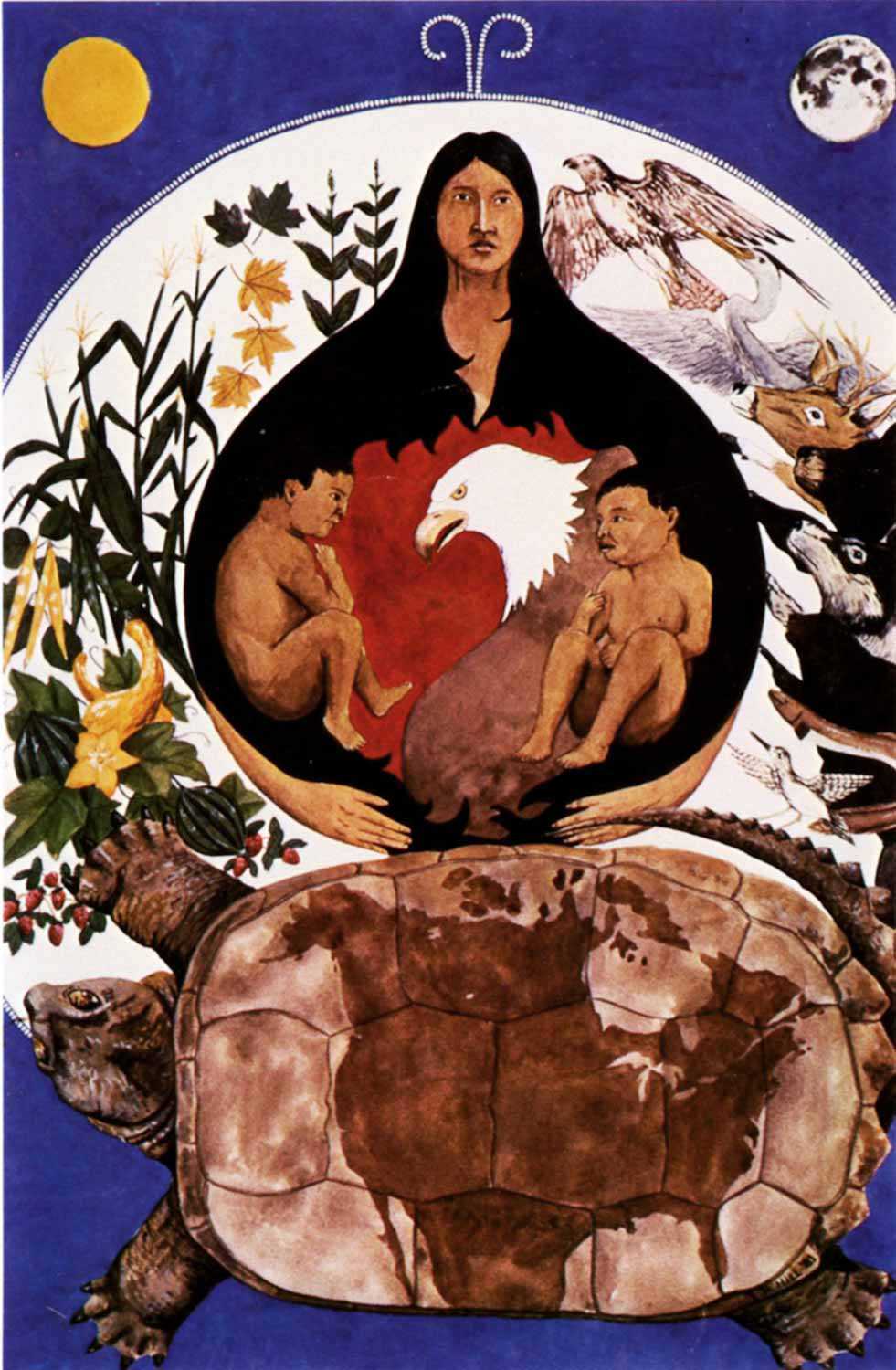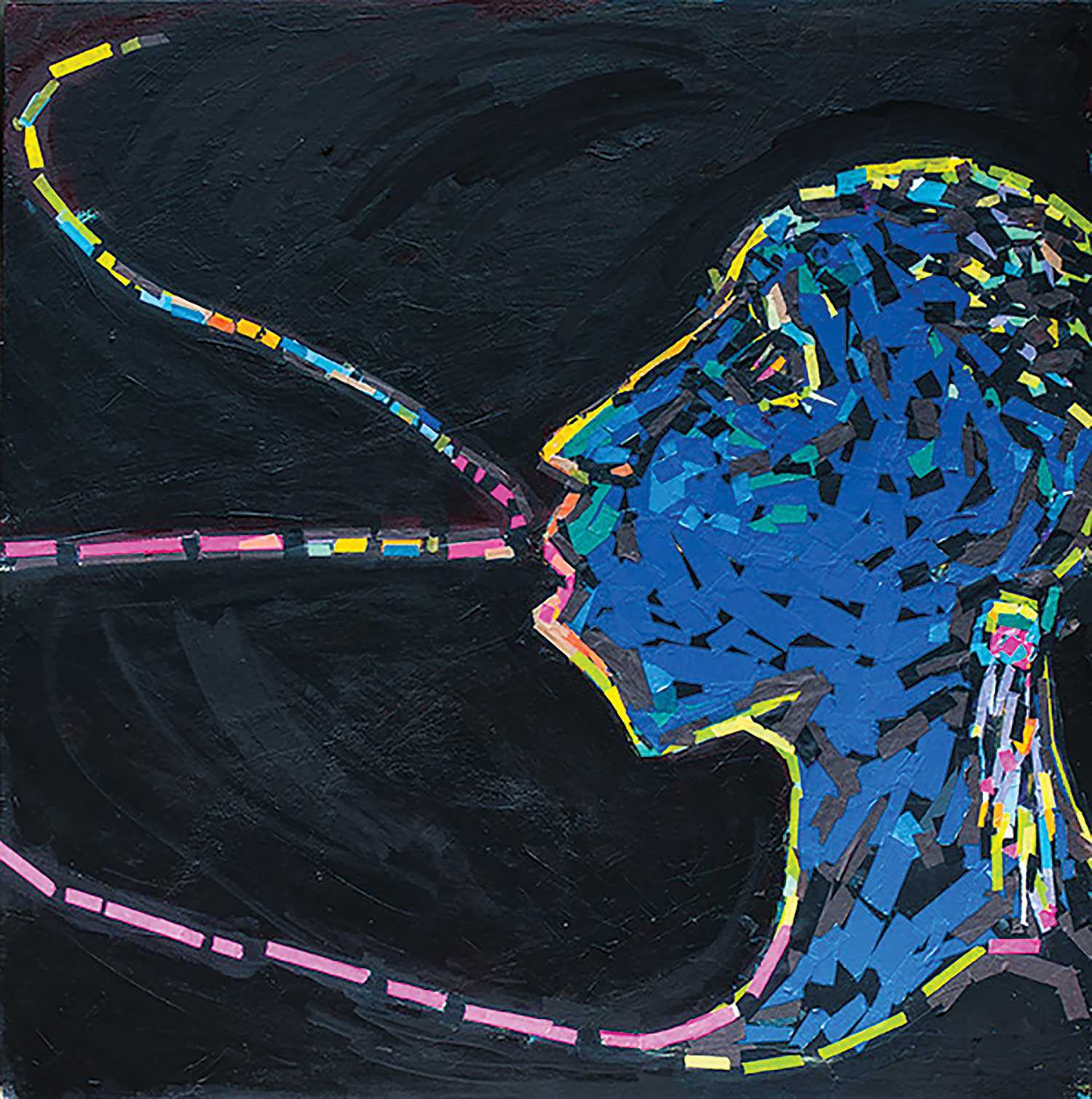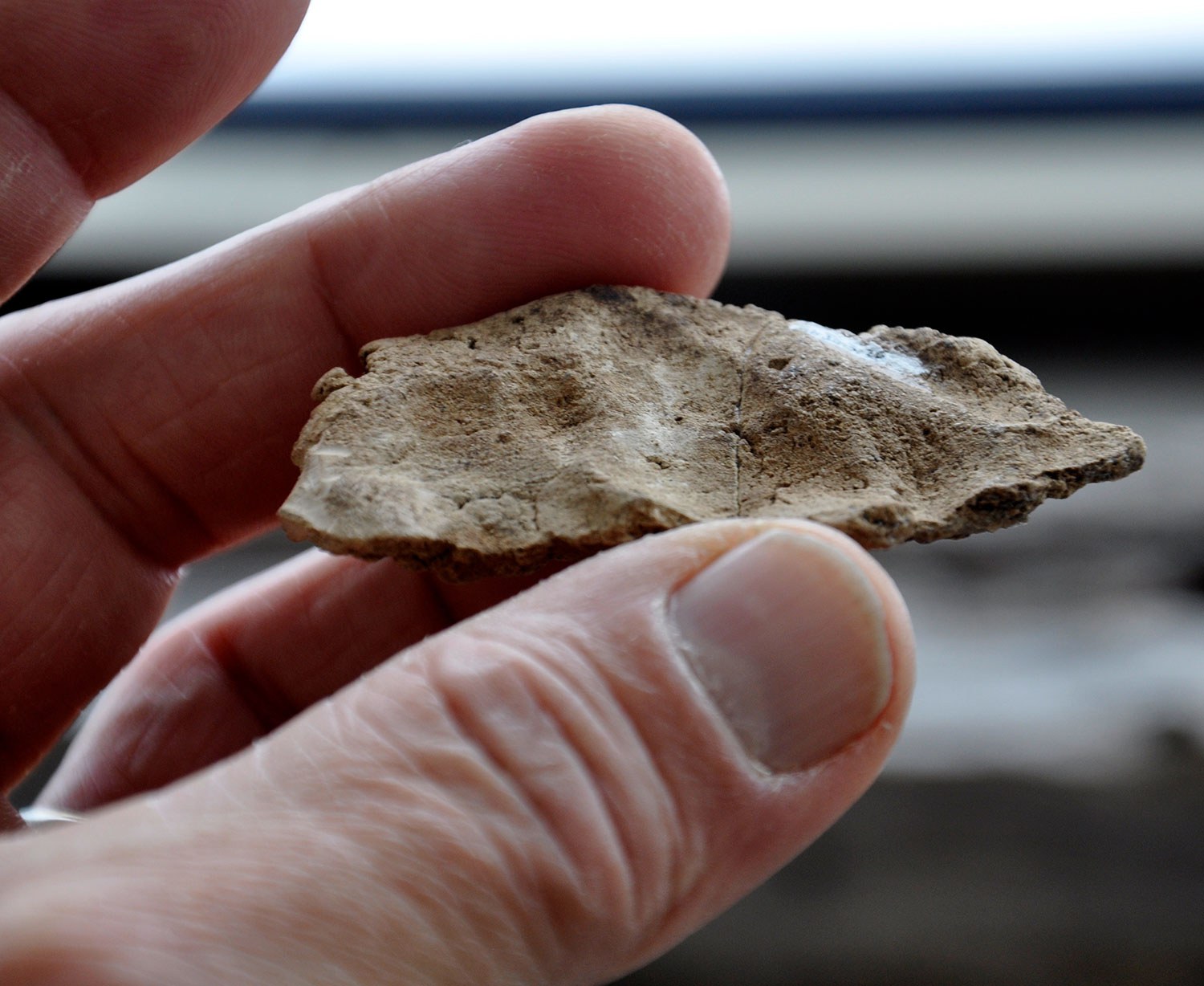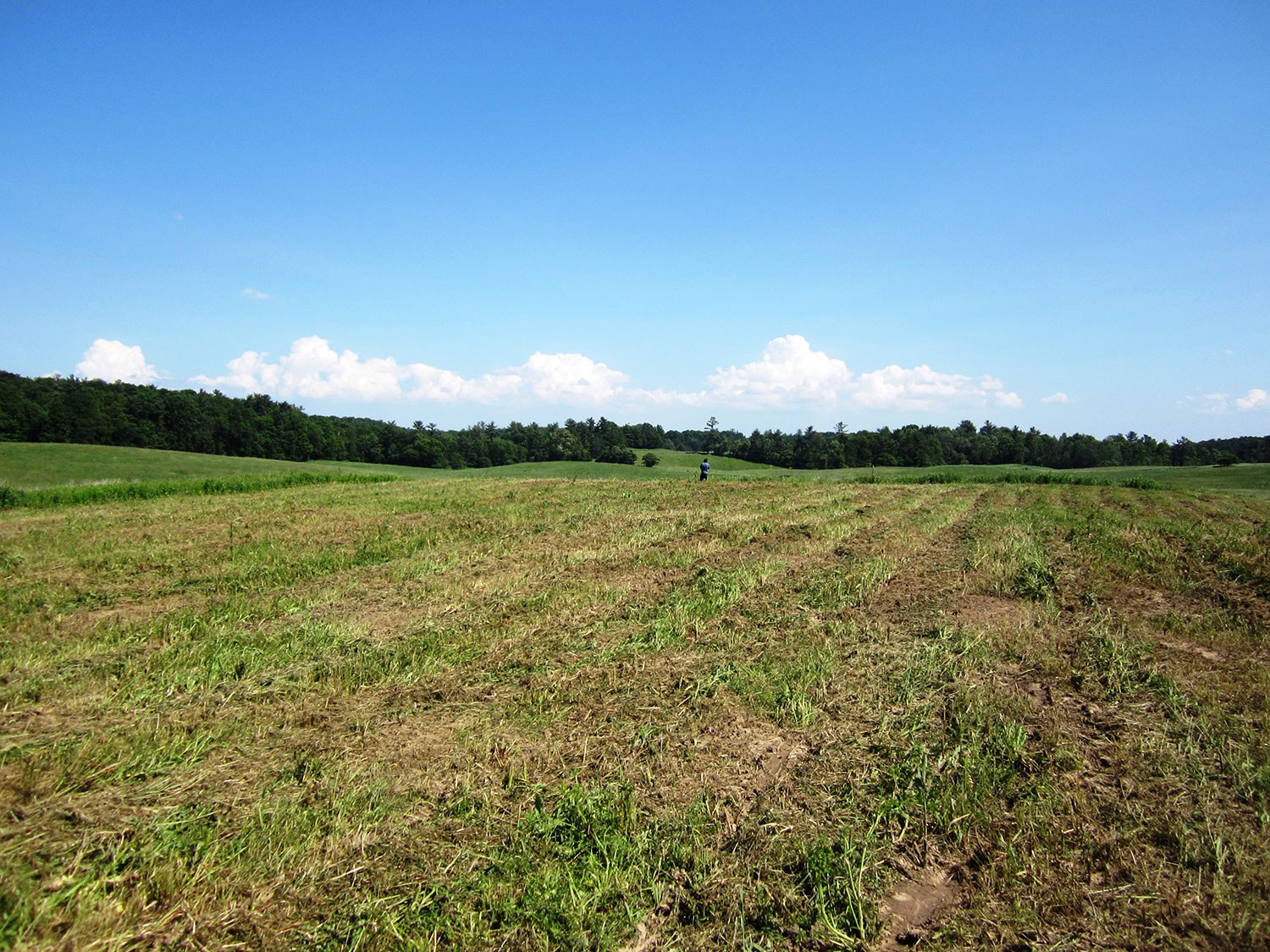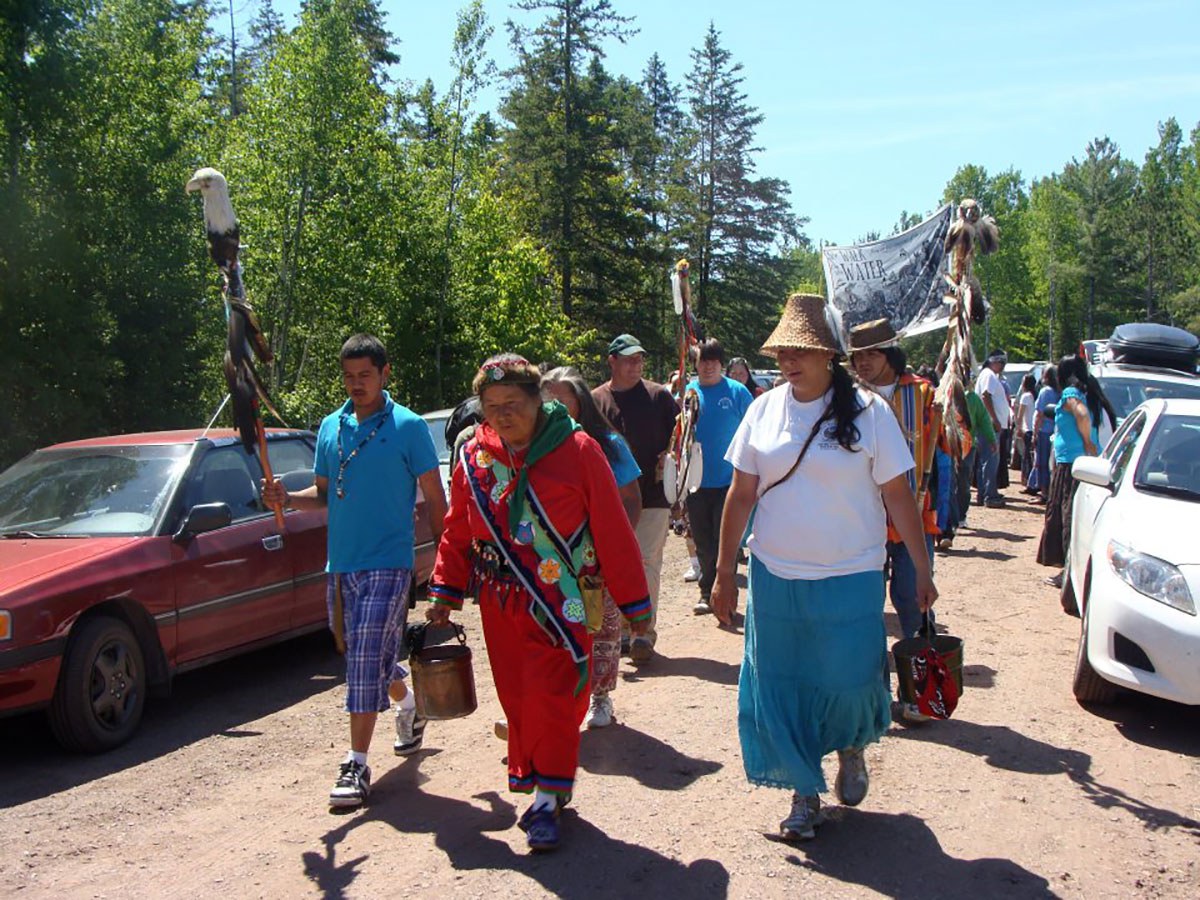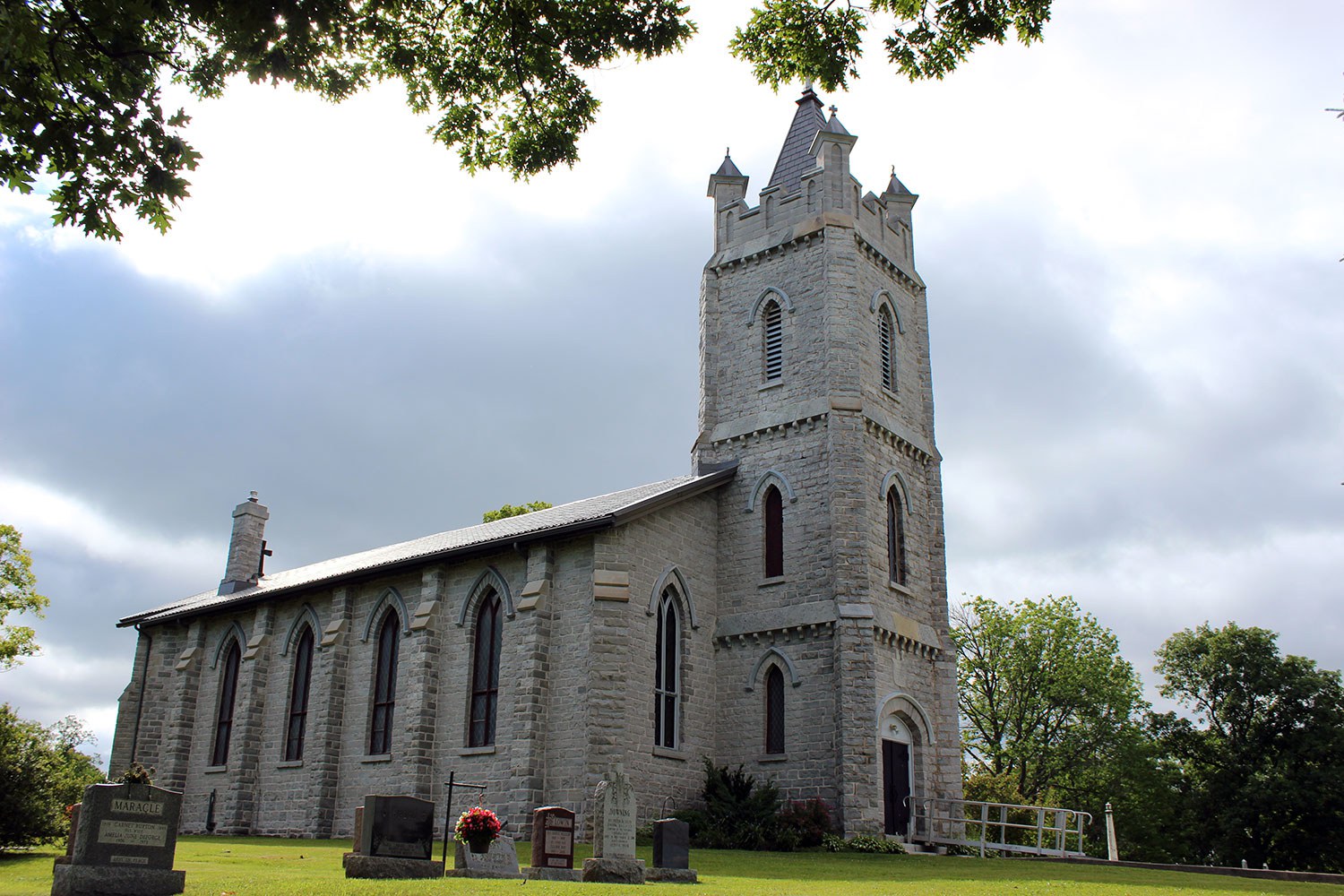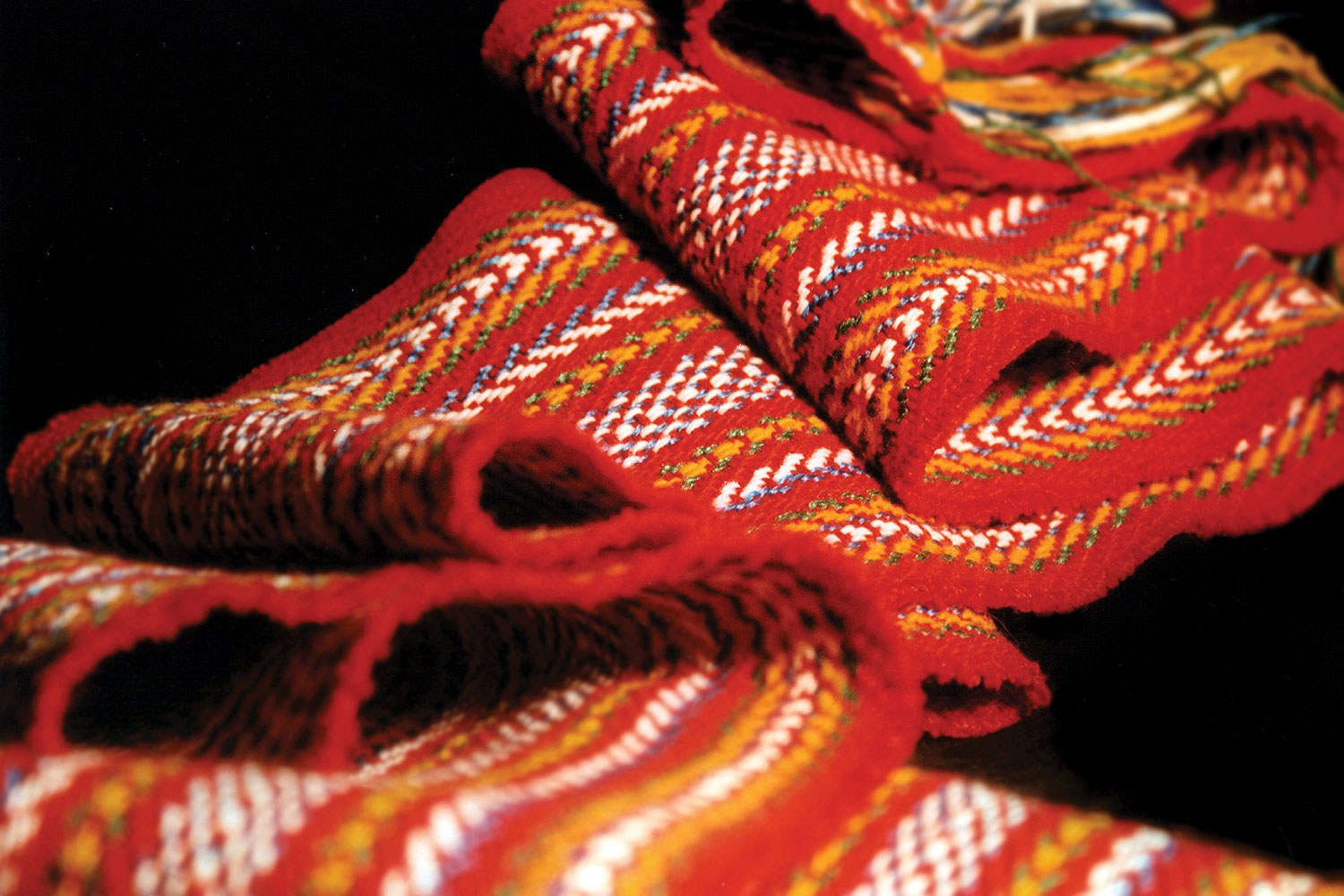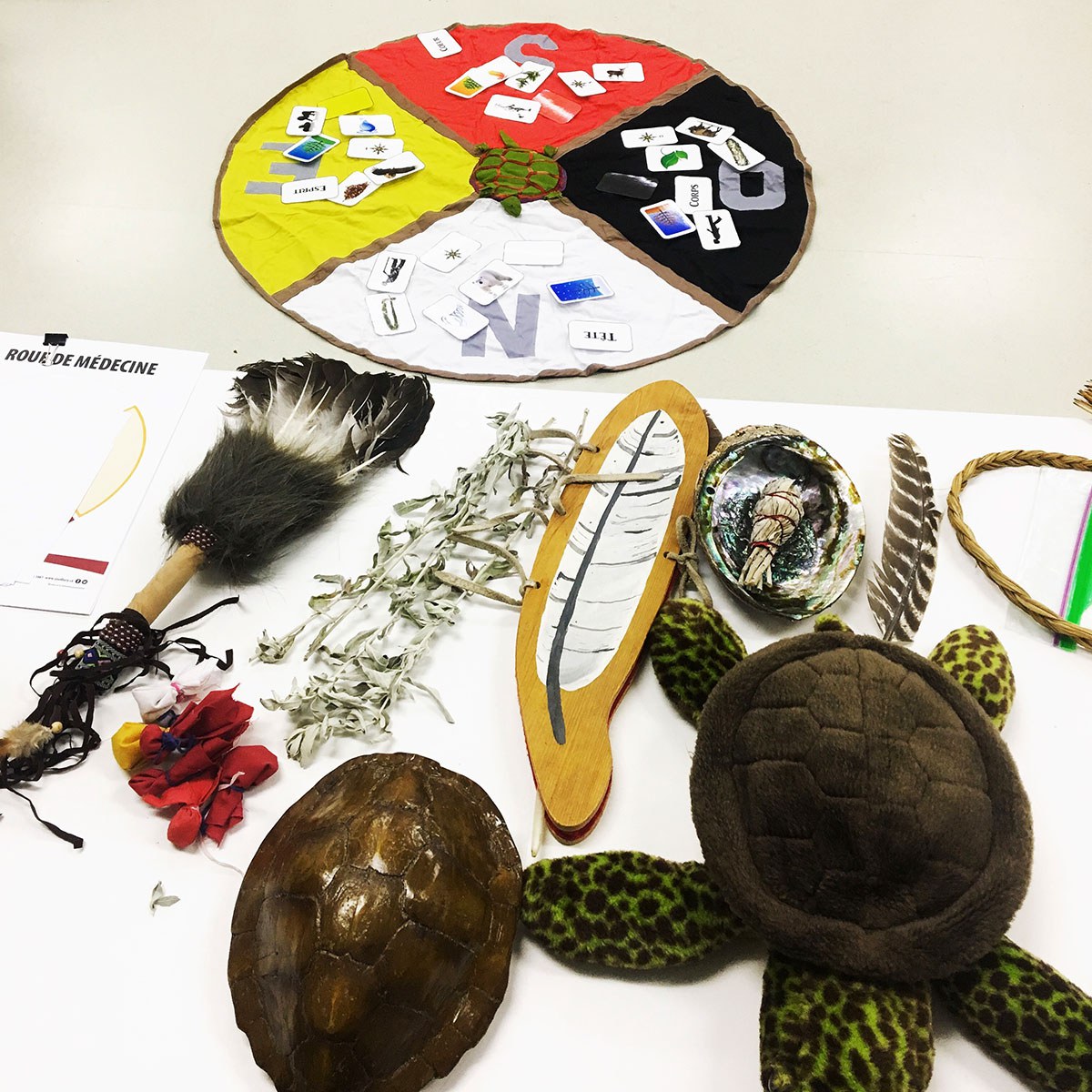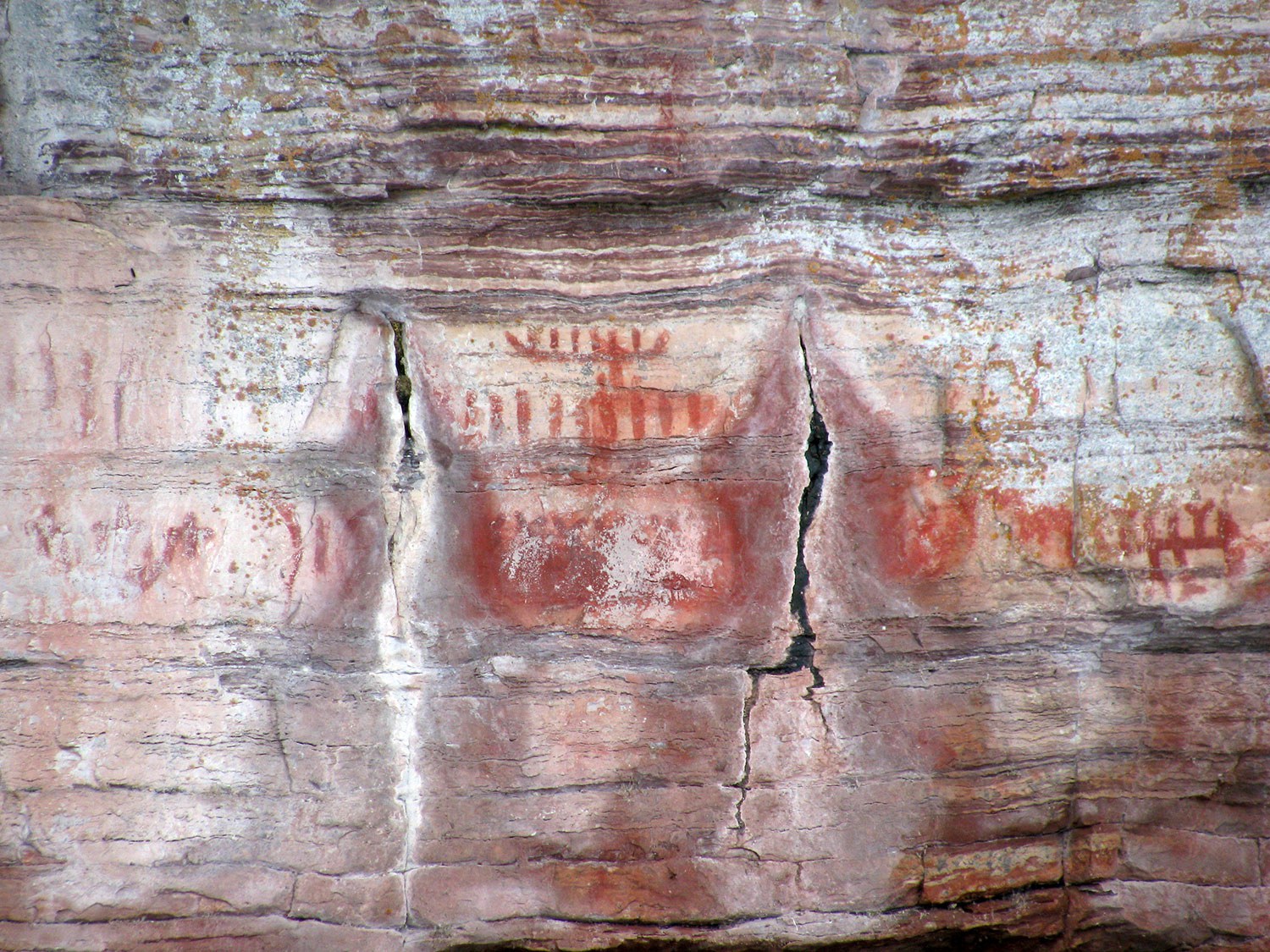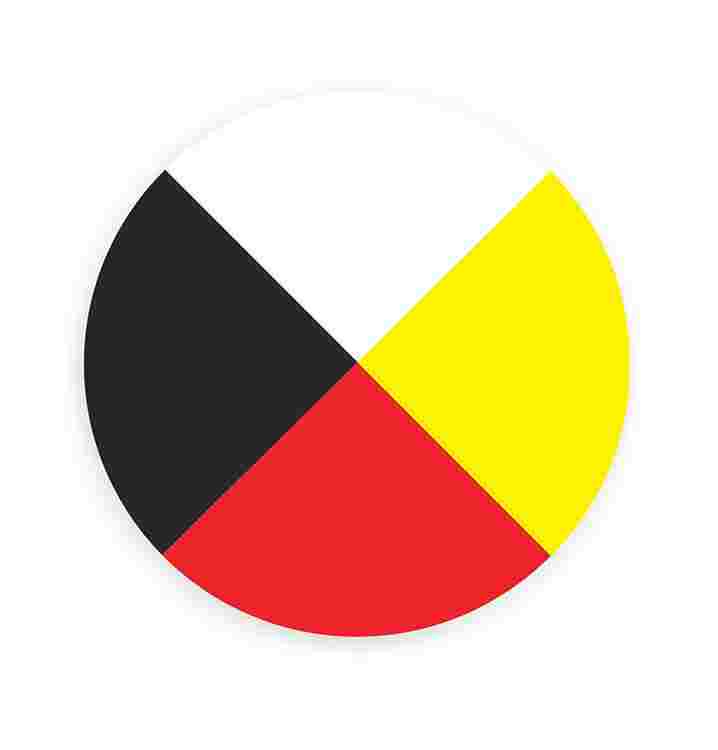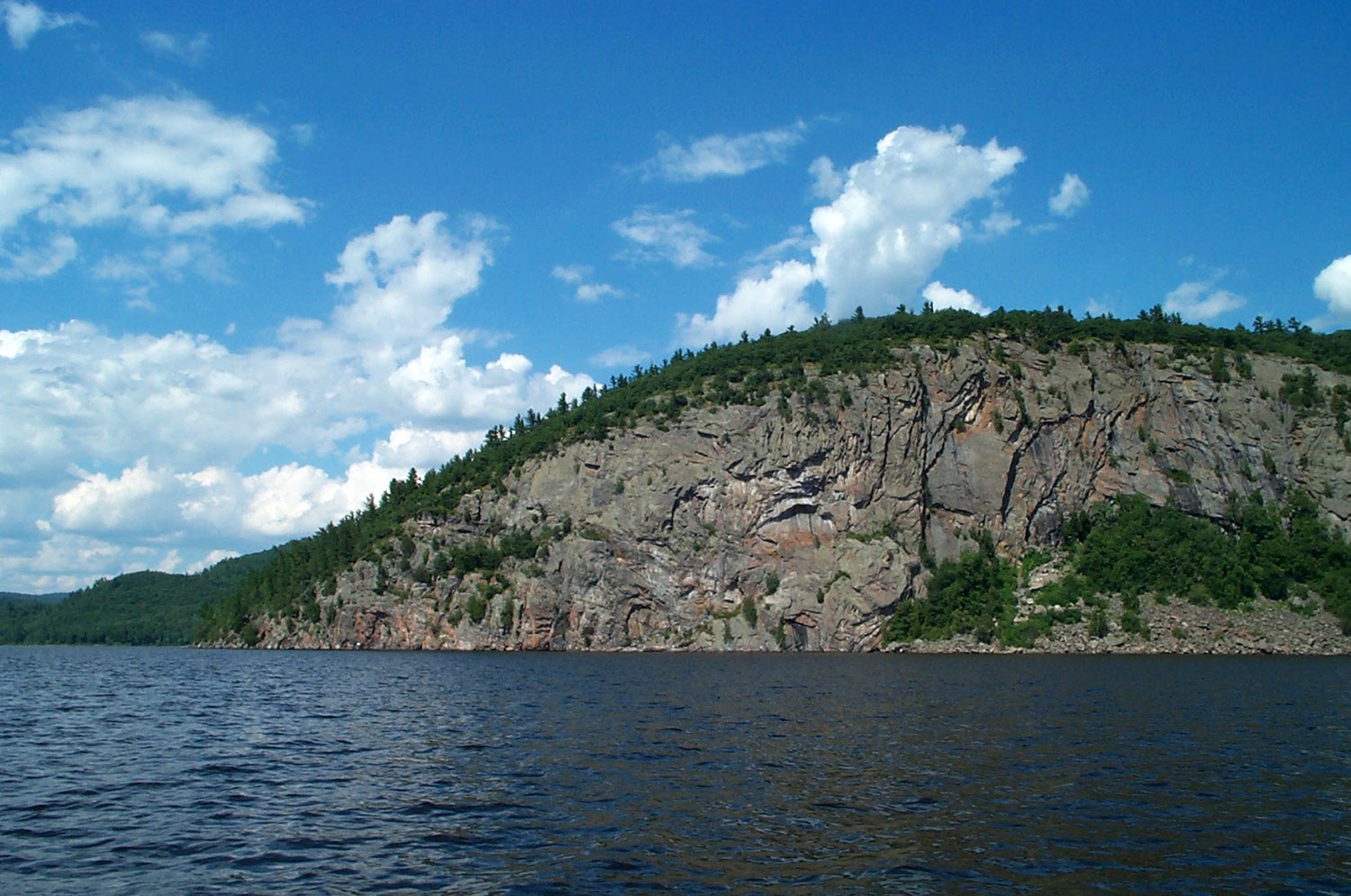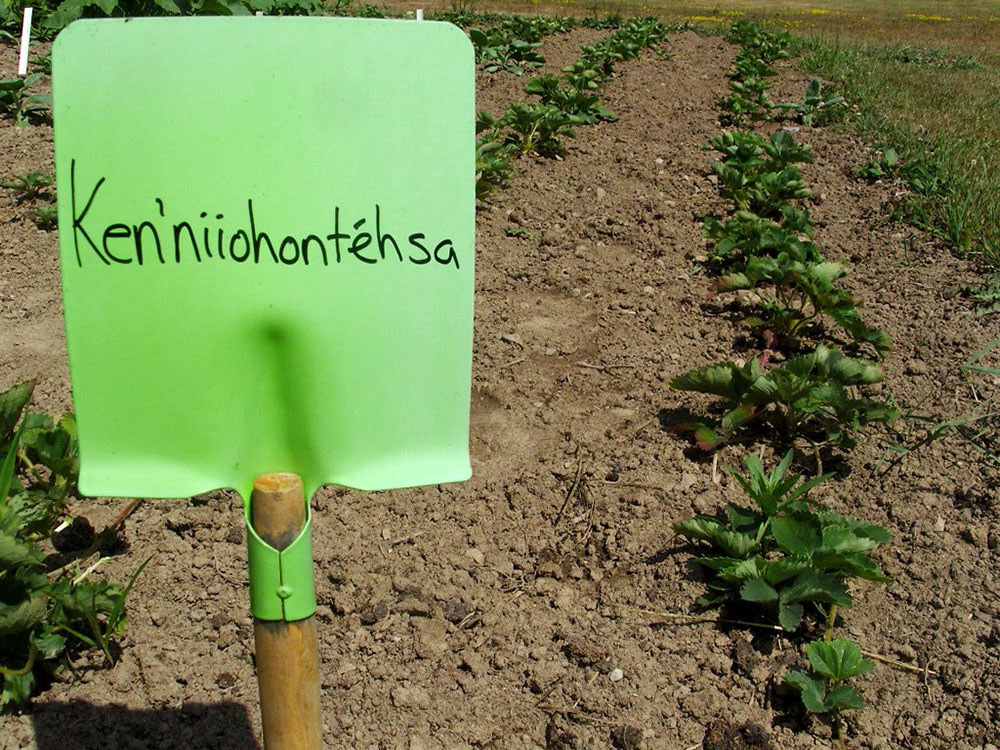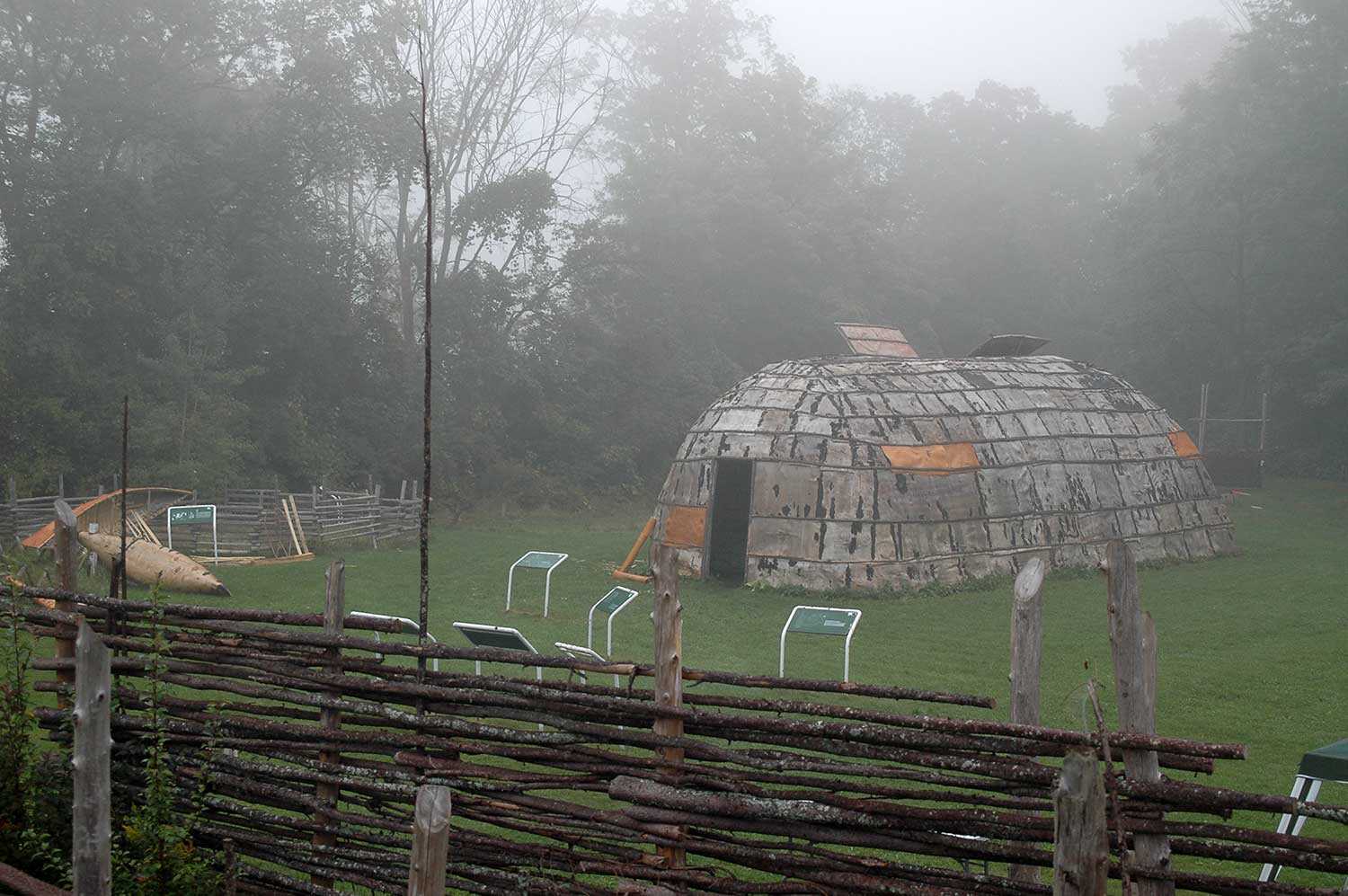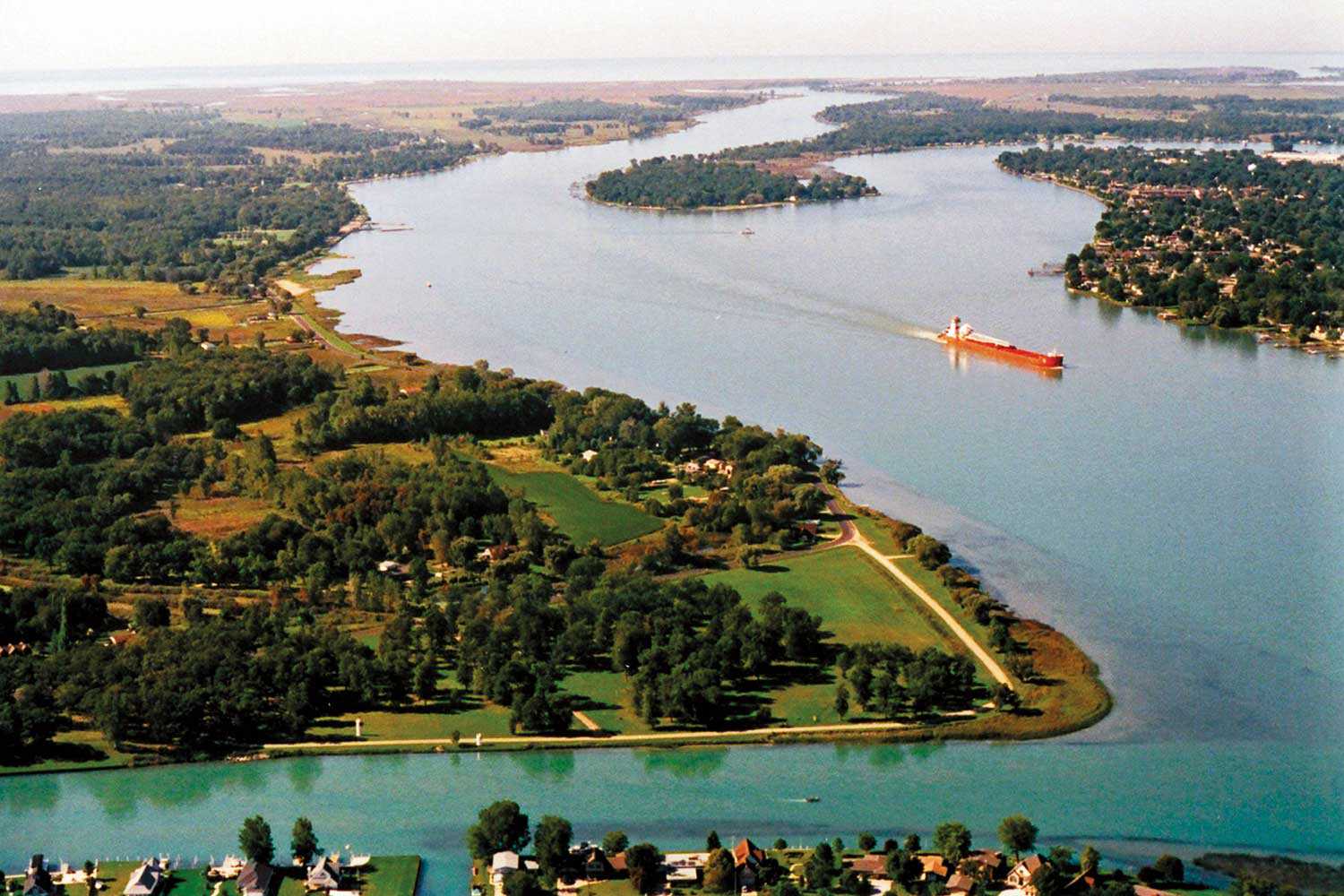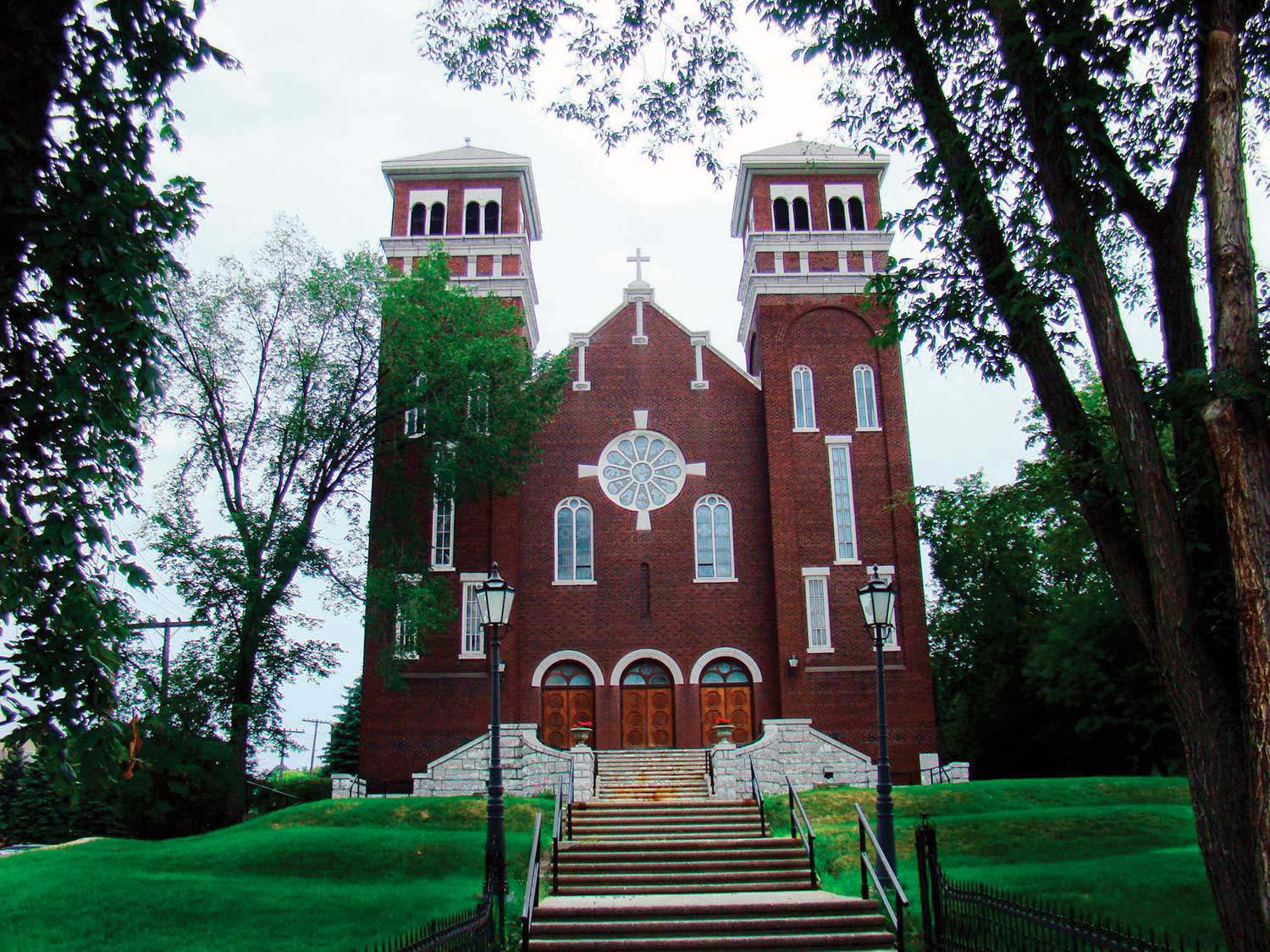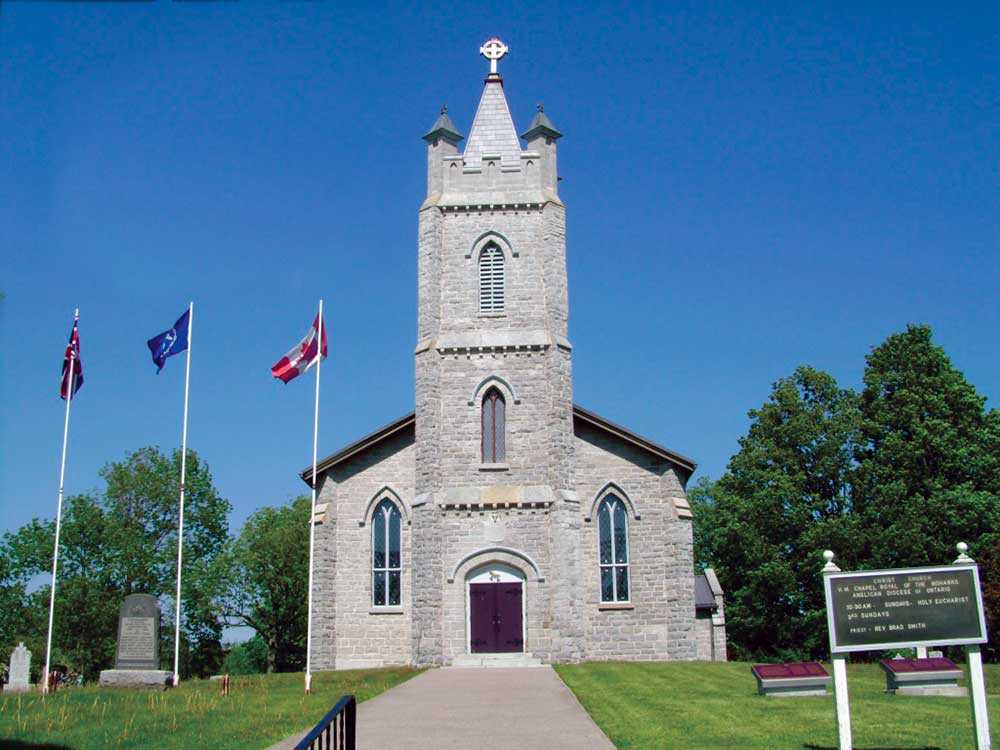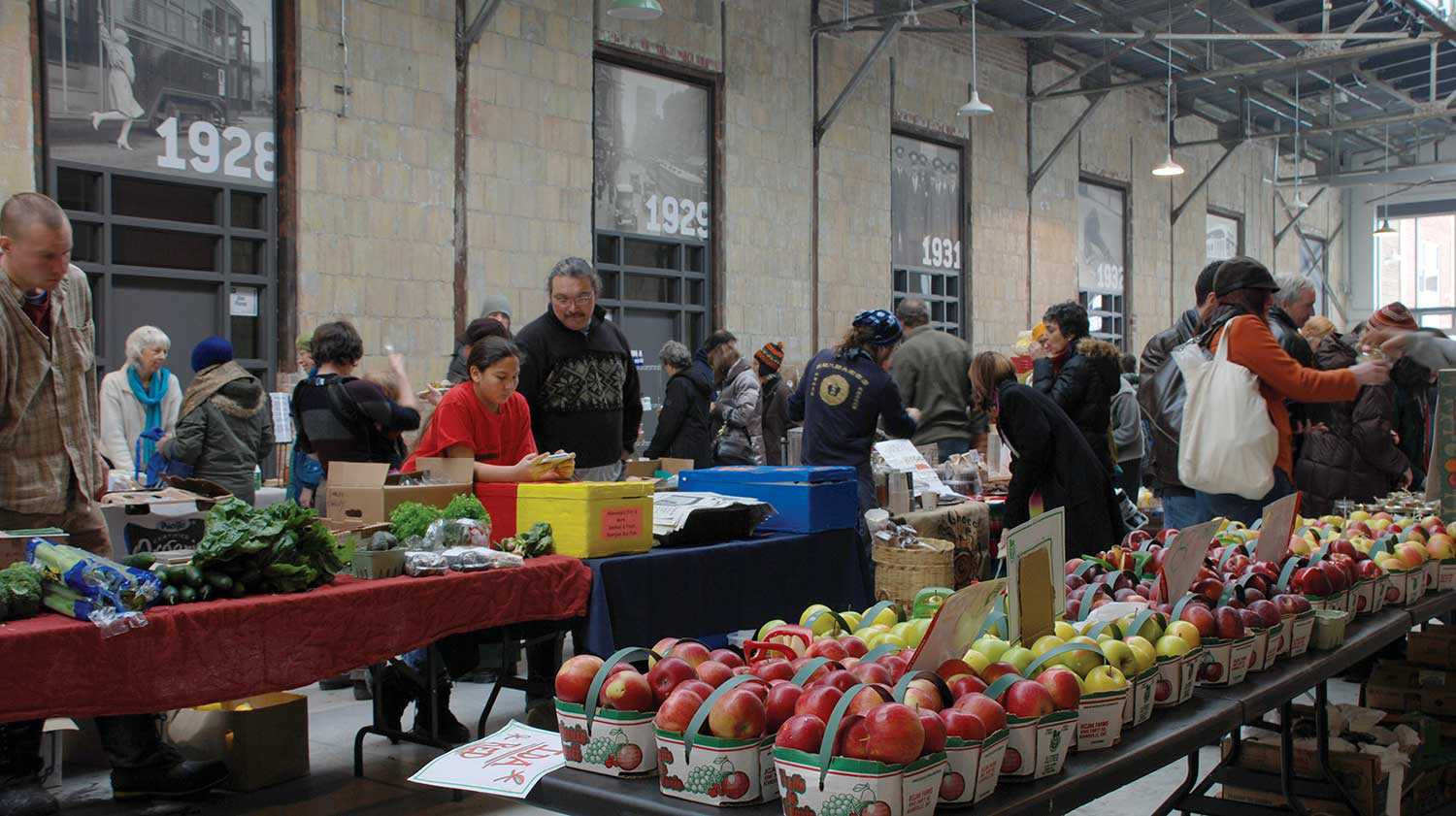

Browse by category
- Adaptive reuse
- Archaeology
- Arts and creativity
- Black heritage
- Buildings and architecture
- Communication
- Community
- Cultural landscapes
- Cultural objects
- Design
- Economics of heritage
- Environment
- Expanding the narrative
- Food
- Francophone heritage
- Indigenous heritage
- Intangible heritage
- Medical heritage
- Military heritage
- MyOntario
- Natural heritage
- Sport heritage
- Tools for conservation
- Women's heritage
The Elders taught me
At its deepest level, culture frames how we see the world; the unique way that we think and act is intimately related to the perspectives contained within our language. To many Indigenous peoples, language and culture are synonymous: to truly know one, you must know the other.
The Elders who taught me always said that language is something you don’t learn but instead grow with. The process must include our values, cultural practices and spirituality. To acquire a language apart from this rich web of interrelationship and connection would be inauthentic and incomplete. Many traditional Indigenous means of language transmission were destroyed by historic factors, such as residential schools. Effective language revitalization strategies help speakers grow with the language instead of simply learning it.
Second language programs in community and school-based contexts are helping First Nations peoples learn some of their traditional speech and culture. More deliberate action is essential if Indigenous languages are to be sustainably revitalized. Total Native language and culture immersion schools offer special promise. Participation in such programs should be an option for every child, Indigenous or otherwise, in Canada today.
Historical linguistic and cultural oppression has created a dire situation for all of Canada’s Indigenous languages. Many communities have no speakers left, or insufficient resources for broad-scale linguistic revitalization. This notwithstanding, there remains tremendous resilience and interest in communities to restore their language to a place of prominence. As the original languages of Canada, Indigenous tongues deserve the same recognition as our official languages.
Nishnaabemiiying - kina gwa enchiiying kina-sh go naa eyaawiying ji-moozhtooying iw geget gwa Nishnaabewiying gidanishnaabewendam.
We can truly feel what it means to be Indigenous through our language, and even what it means to think that way.
I recorded this from my great Uncle Duncan Pegahmagabow when I was writing Sounding Thunder – a book that in part explores the relationship between language and culture. Within the context of identity and sovereignty, Duncan’s words have deep meaning in ensuring a lasting state of Nationhood. It is a poignant statement that affirms language as a source of renewal, healing and identity.

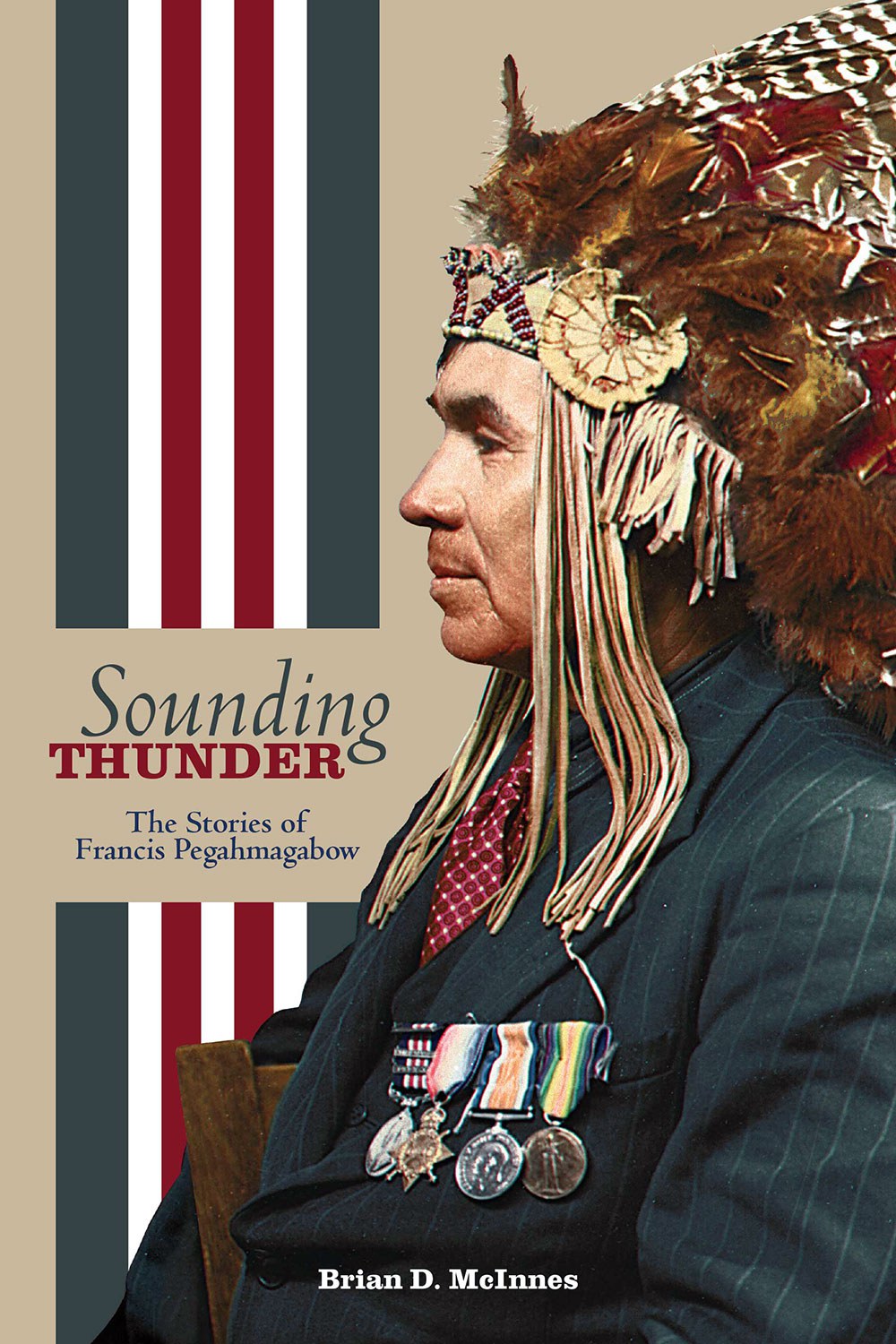
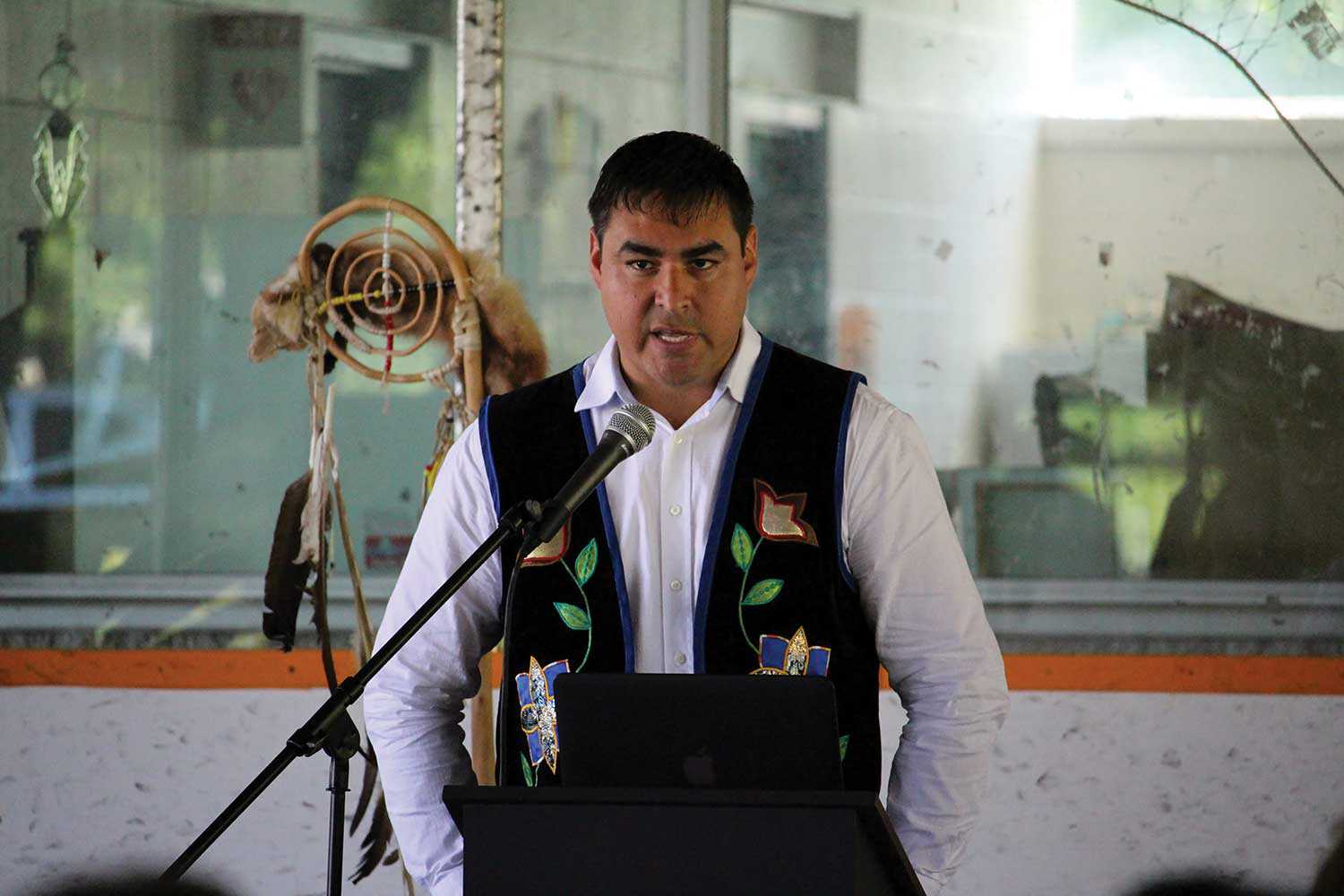
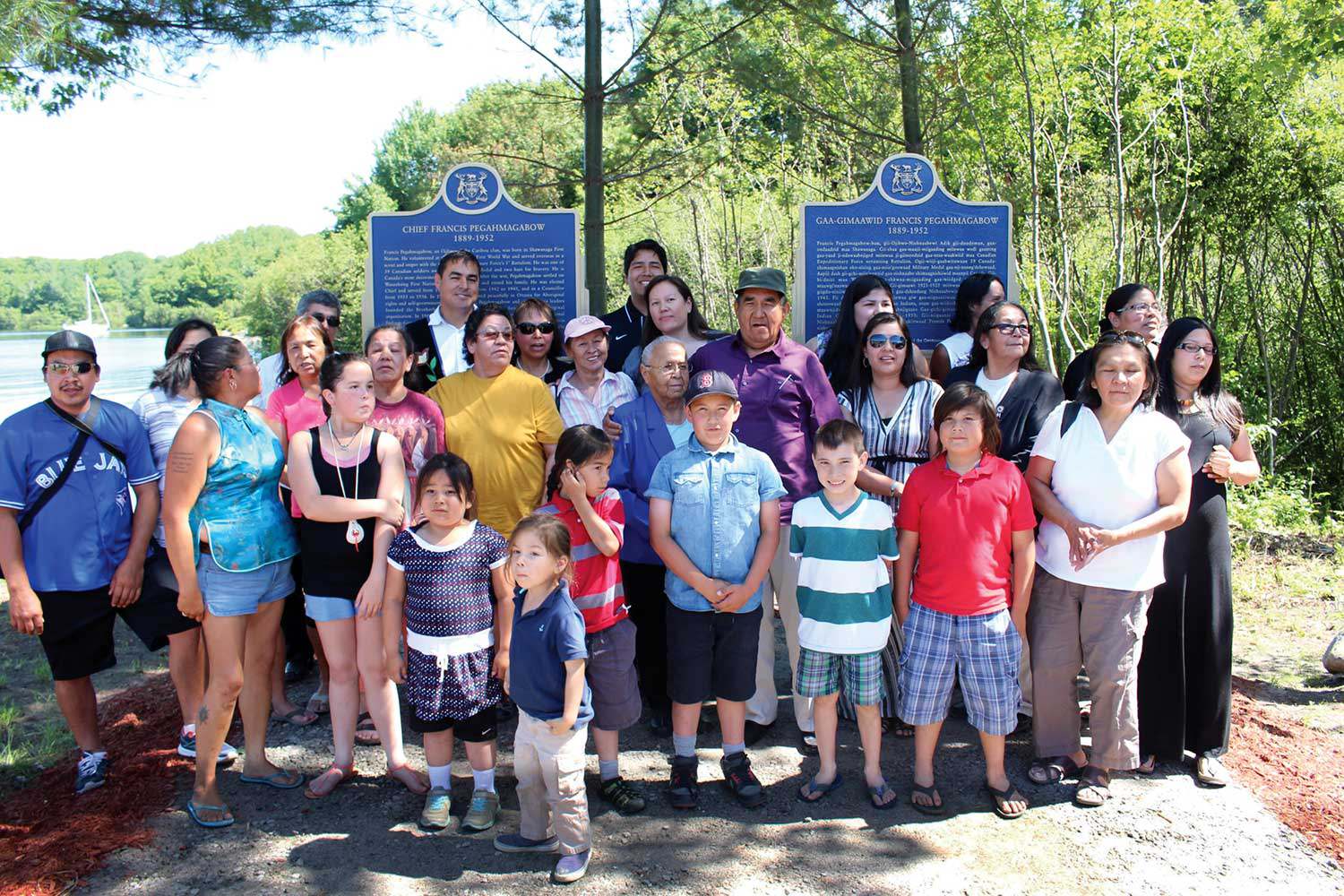
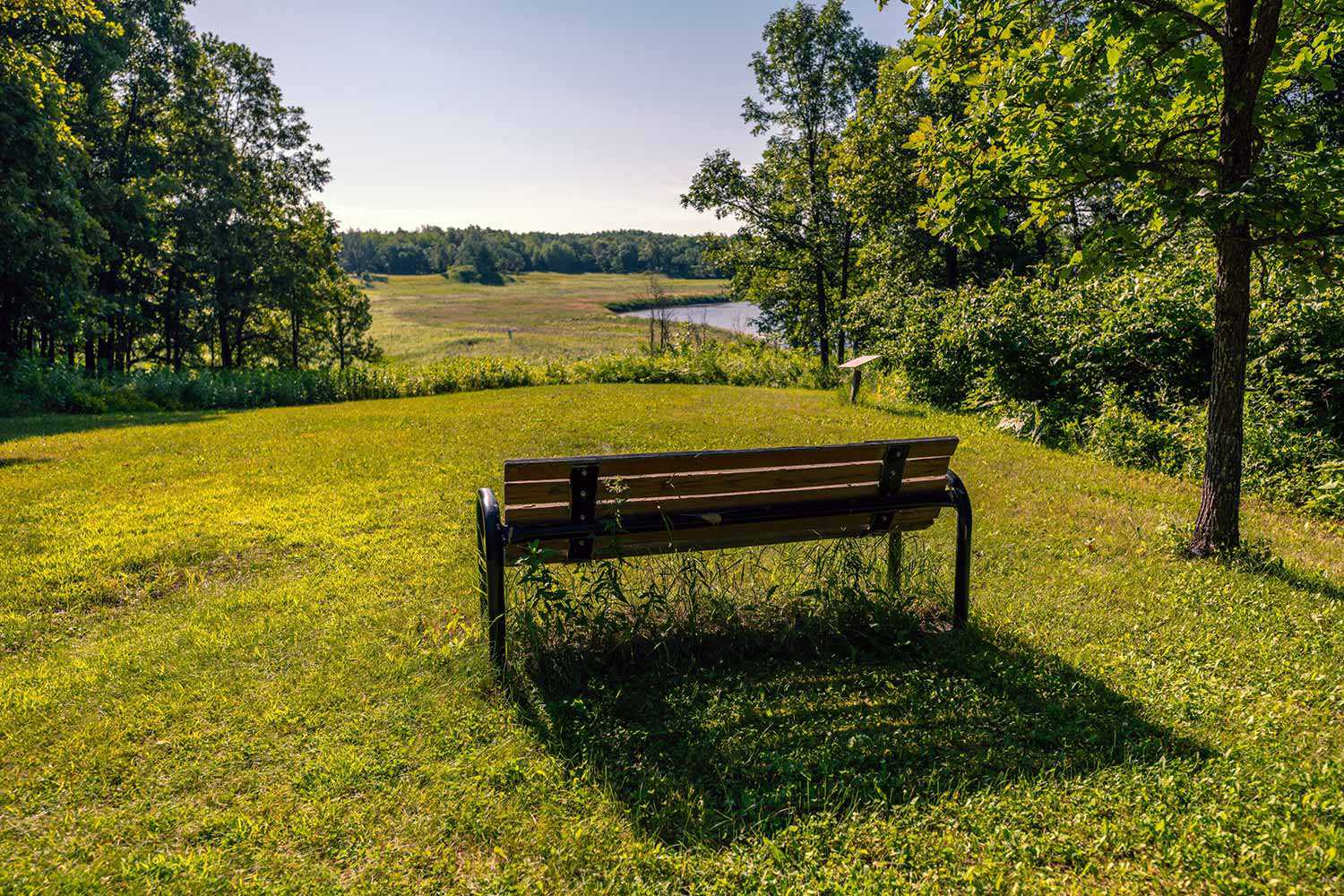
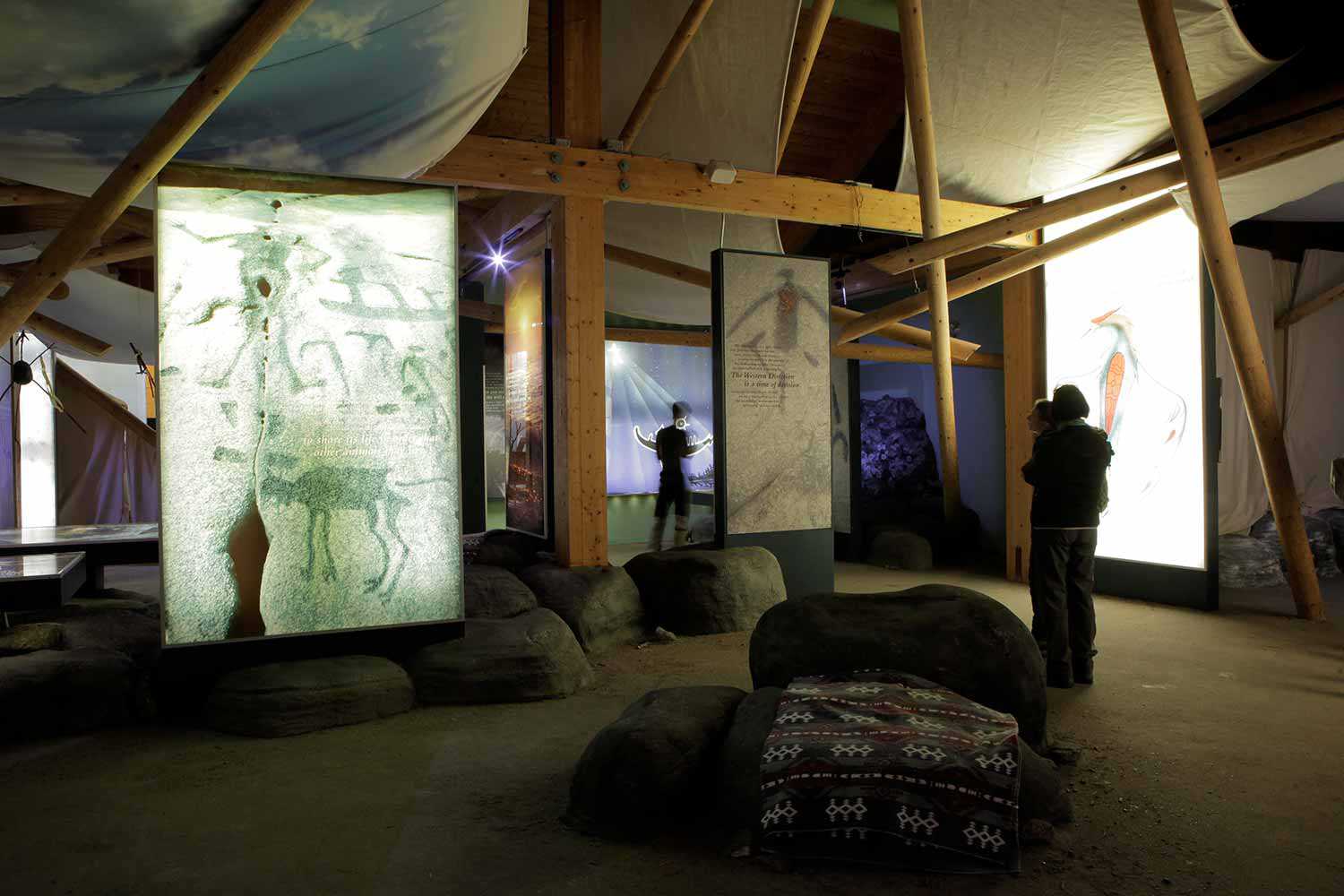
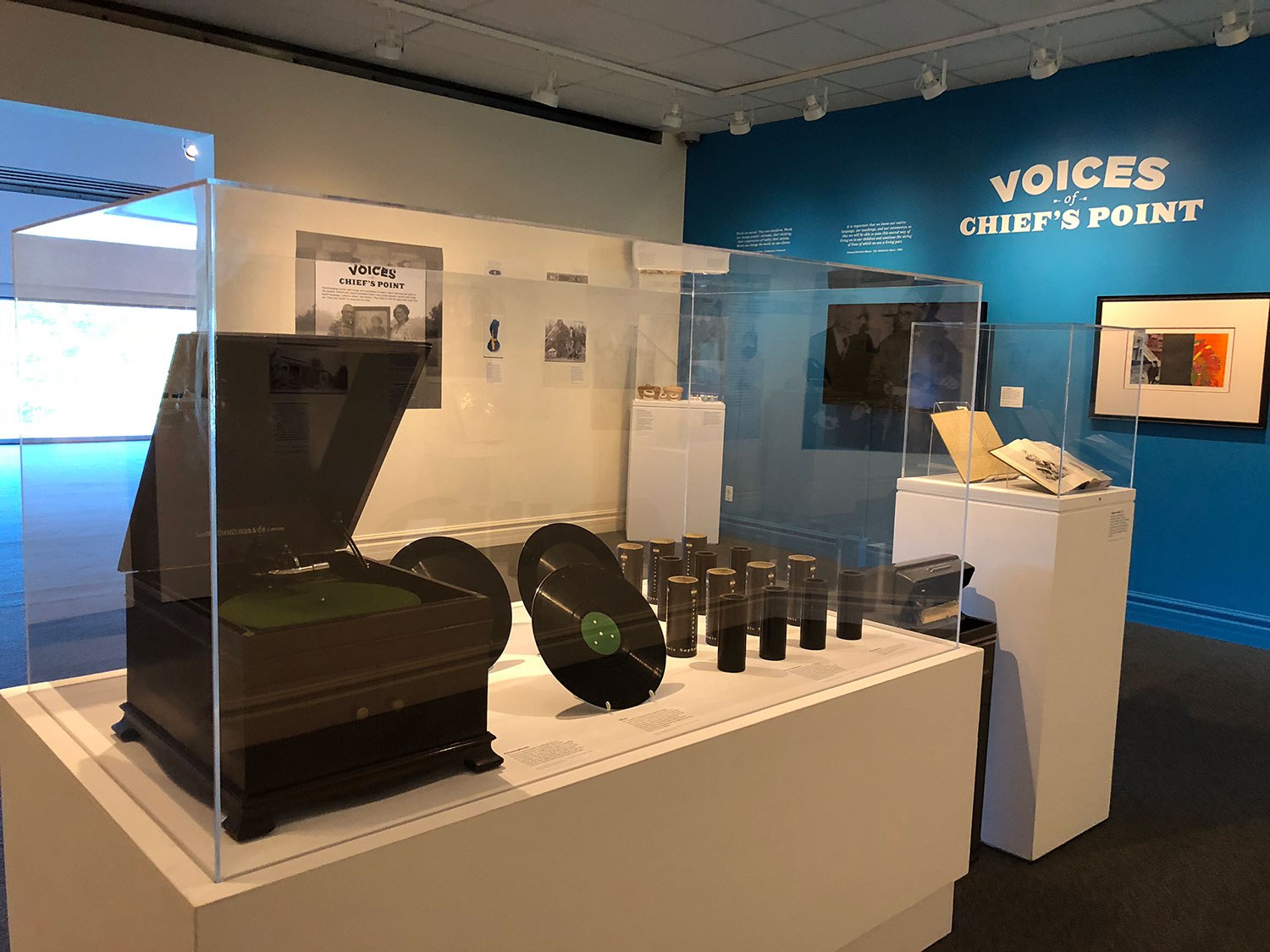
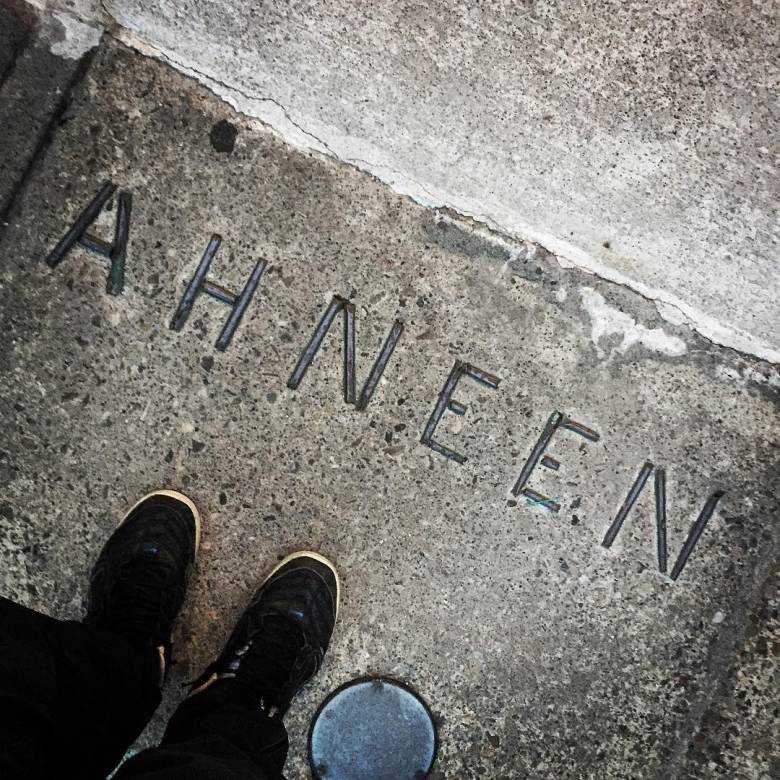

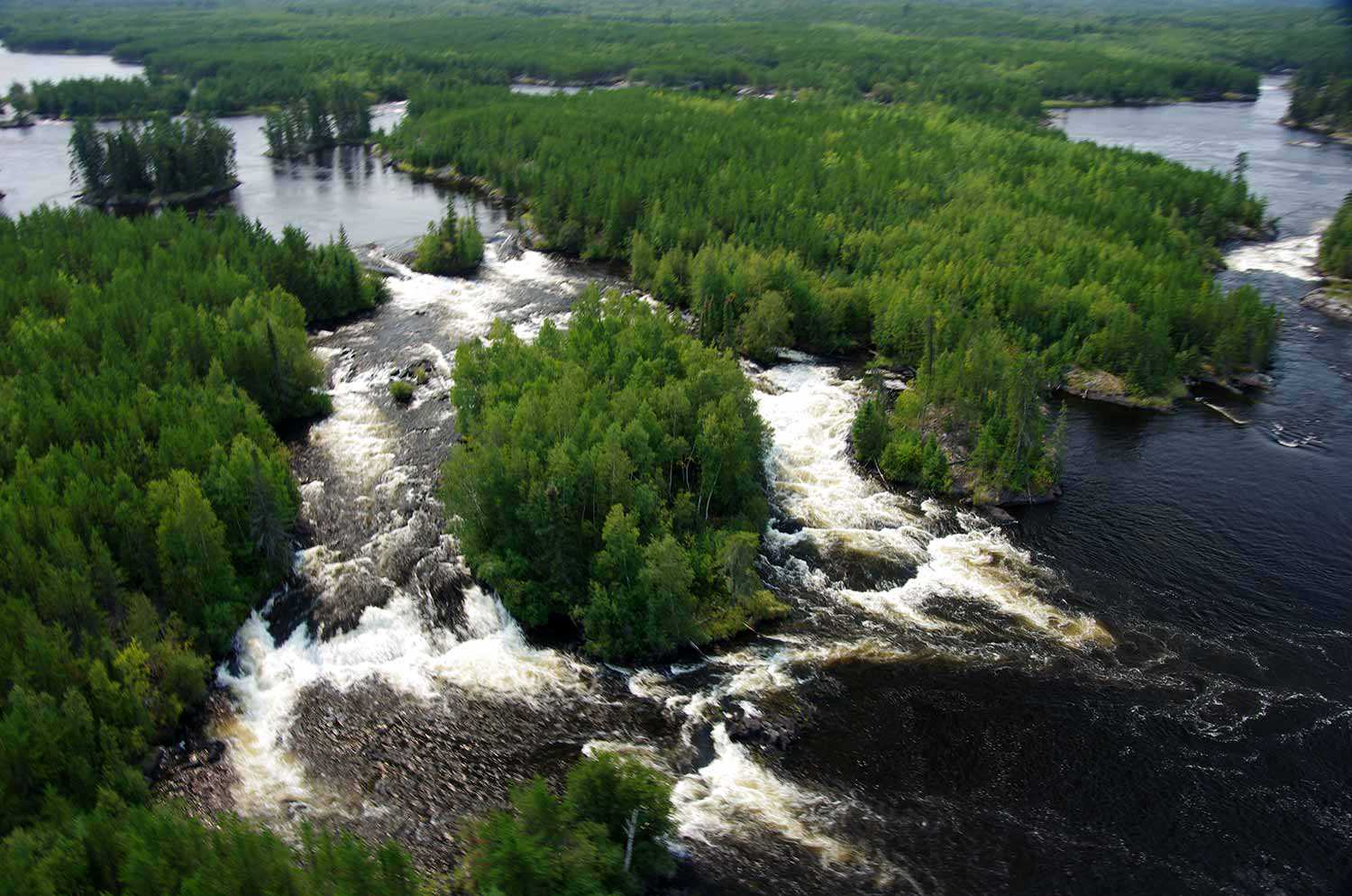
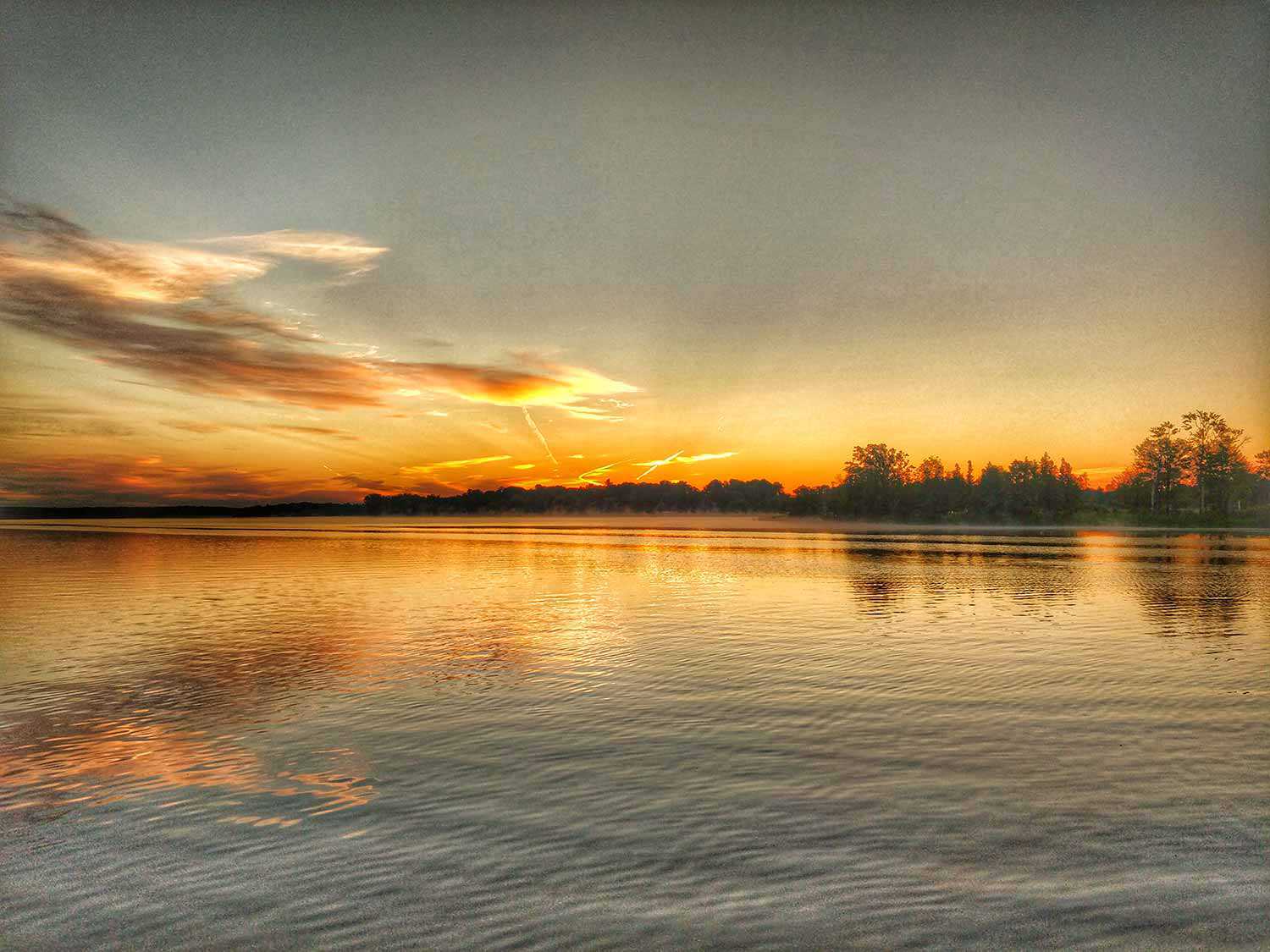
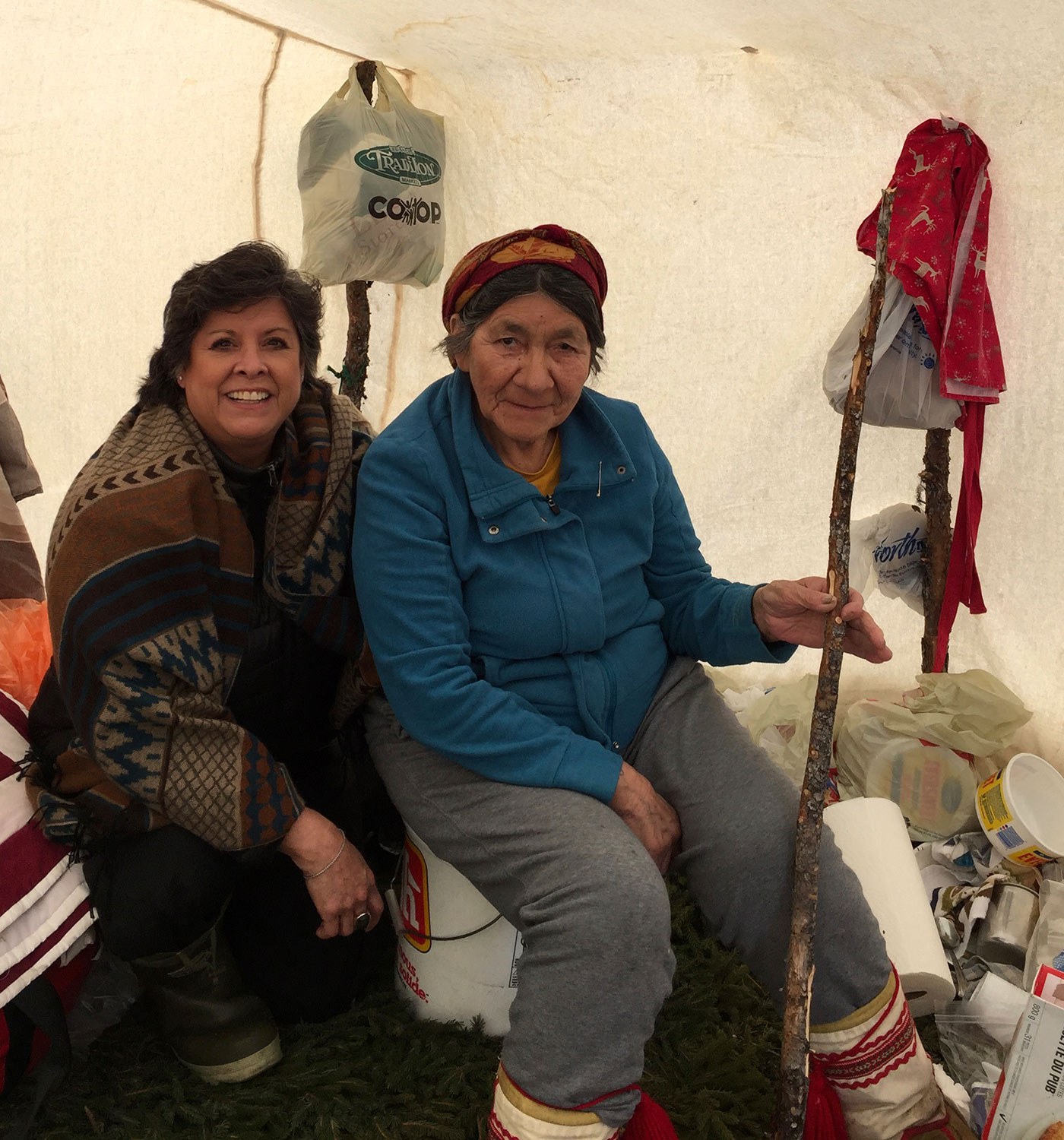
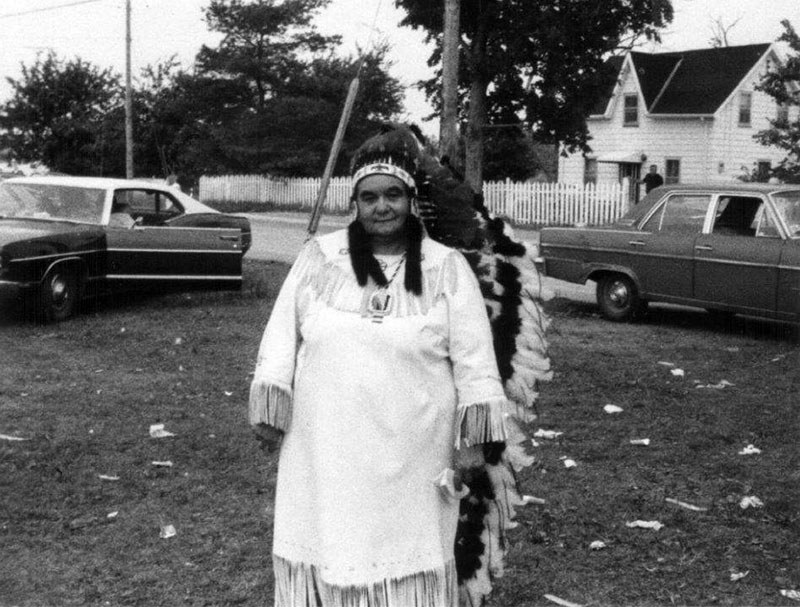
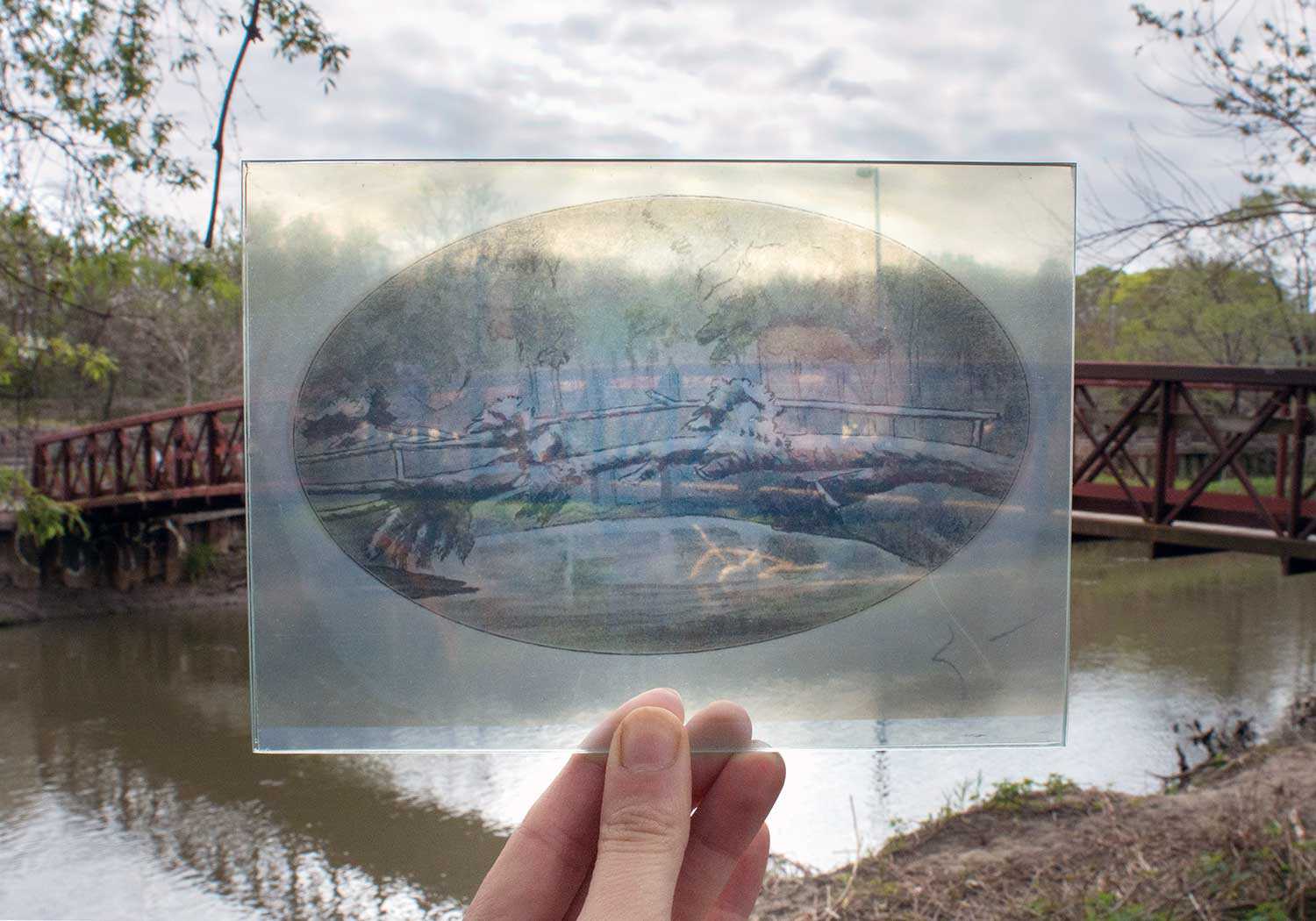
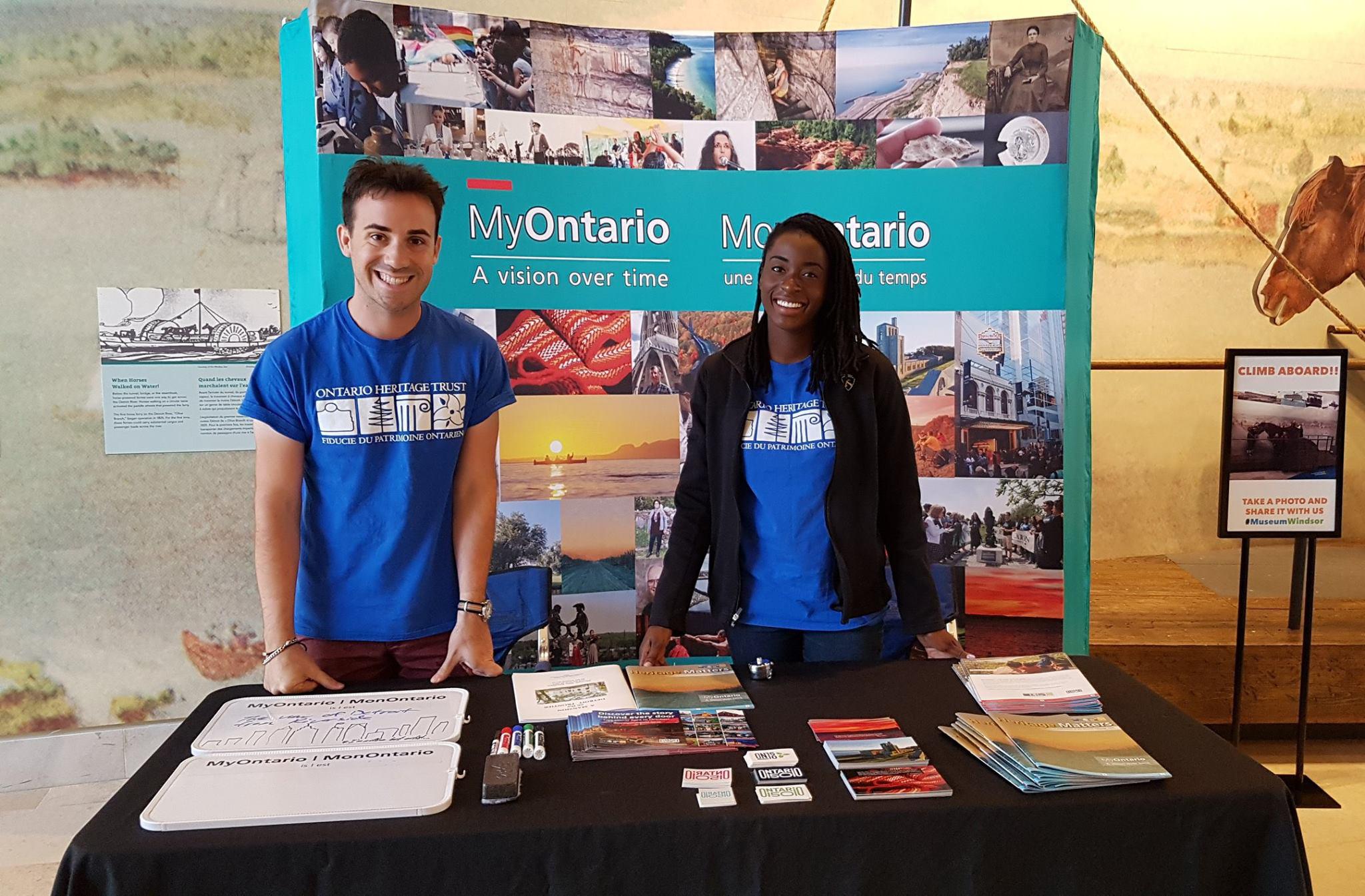
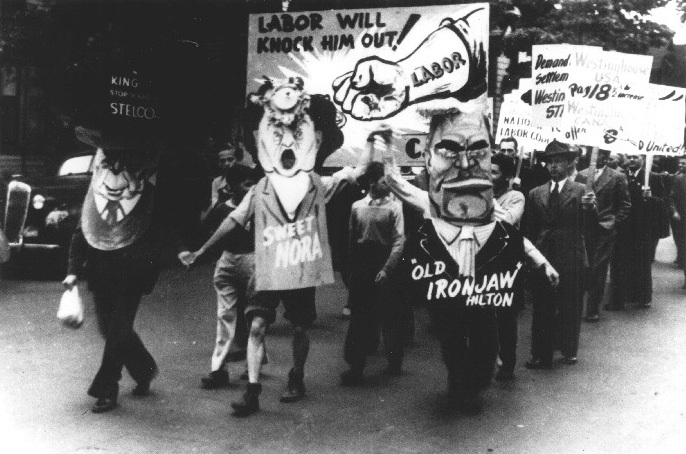
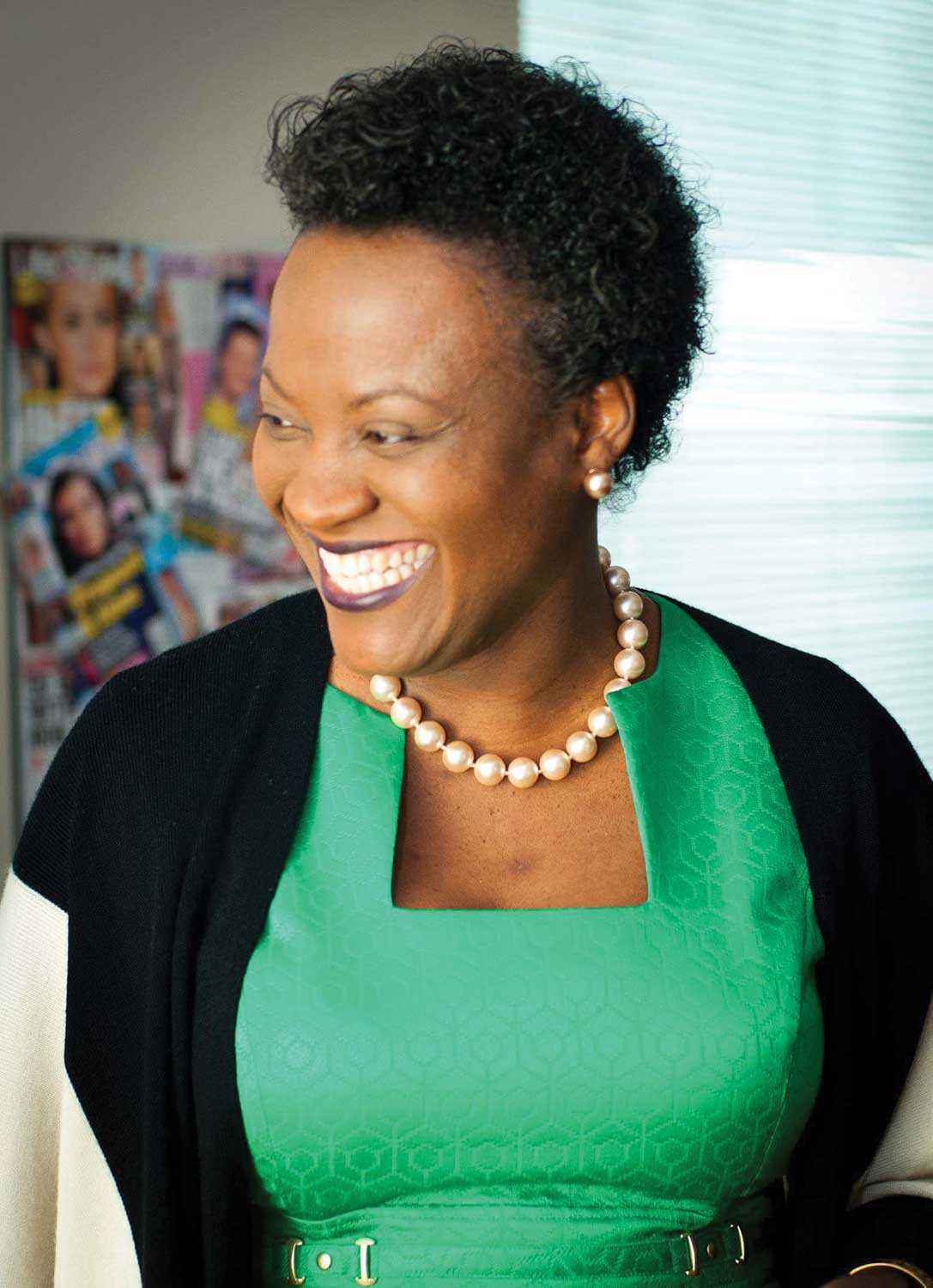
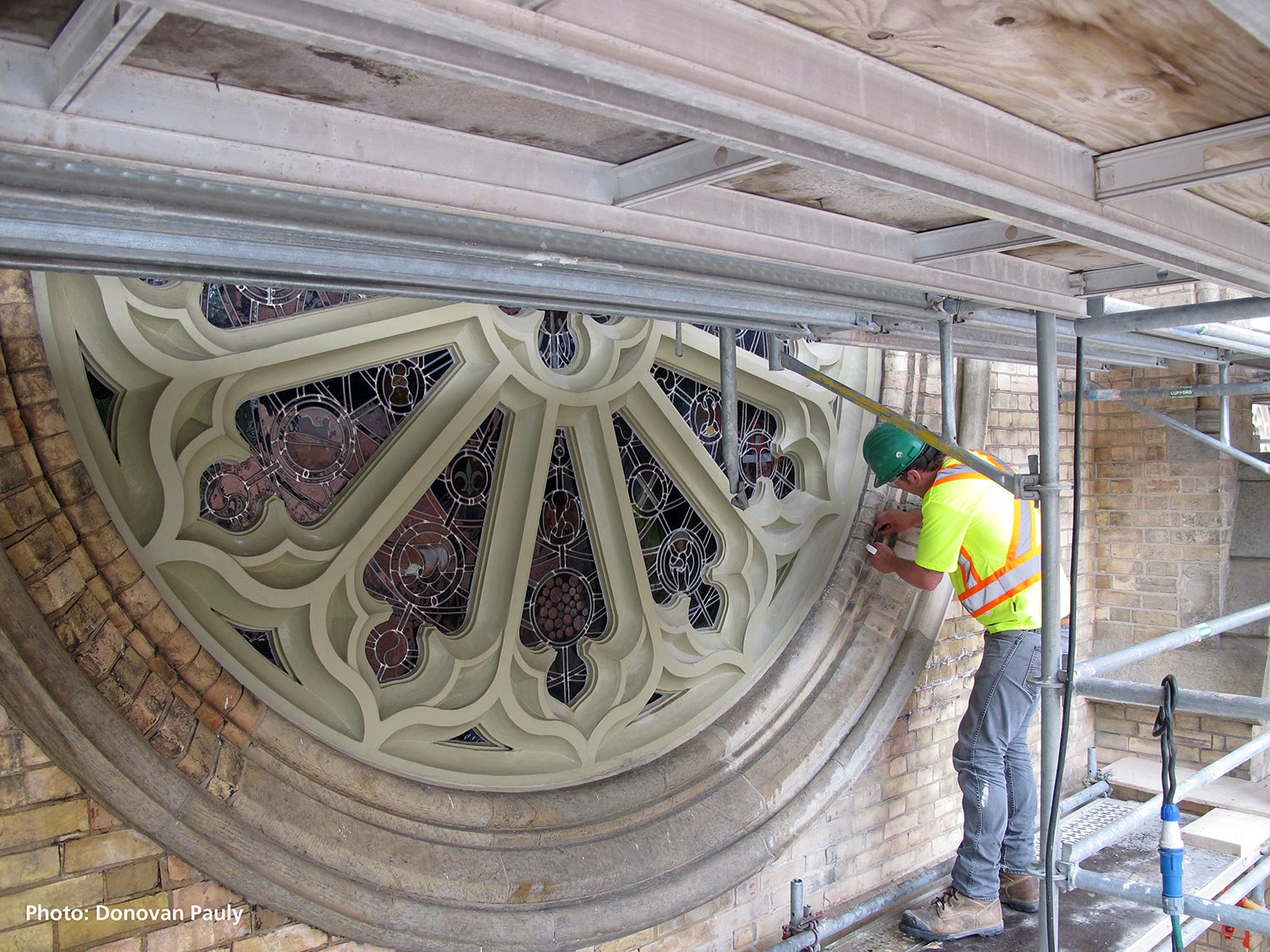
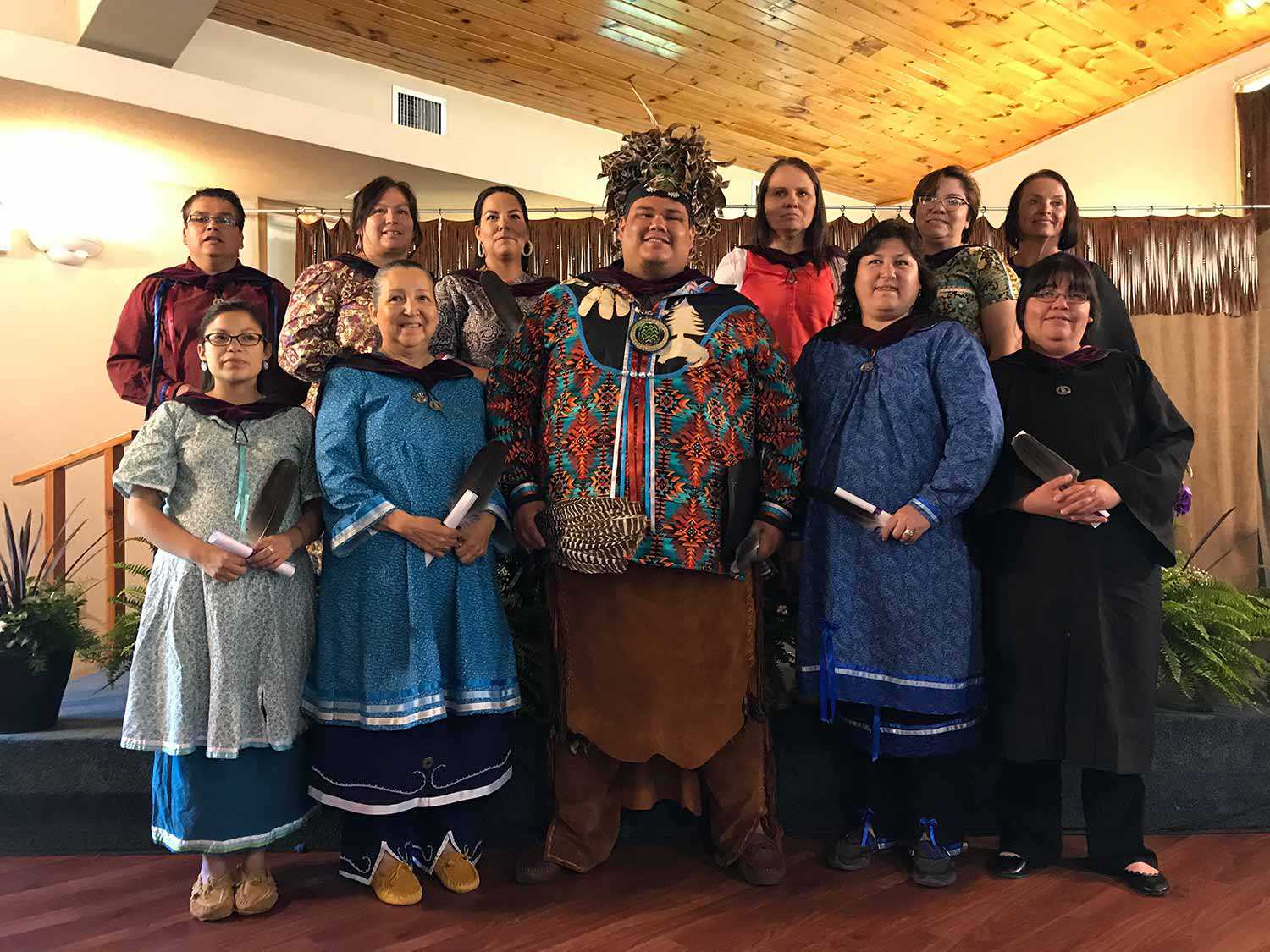
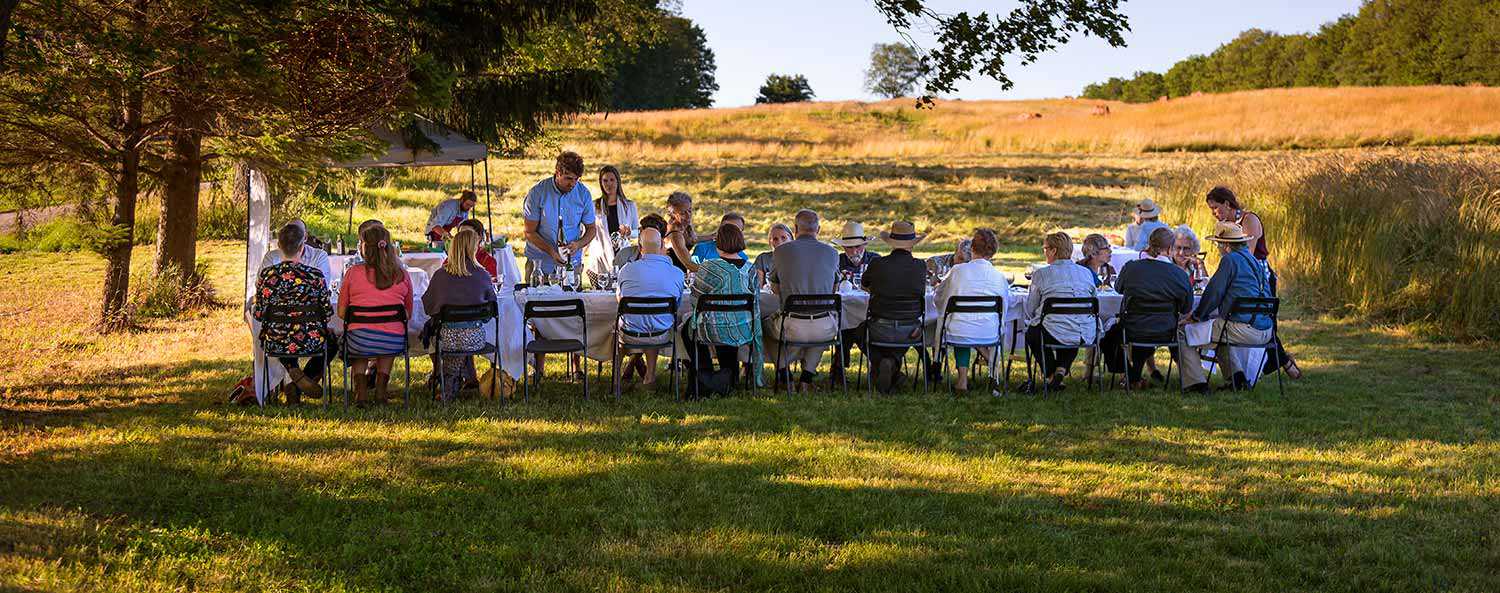
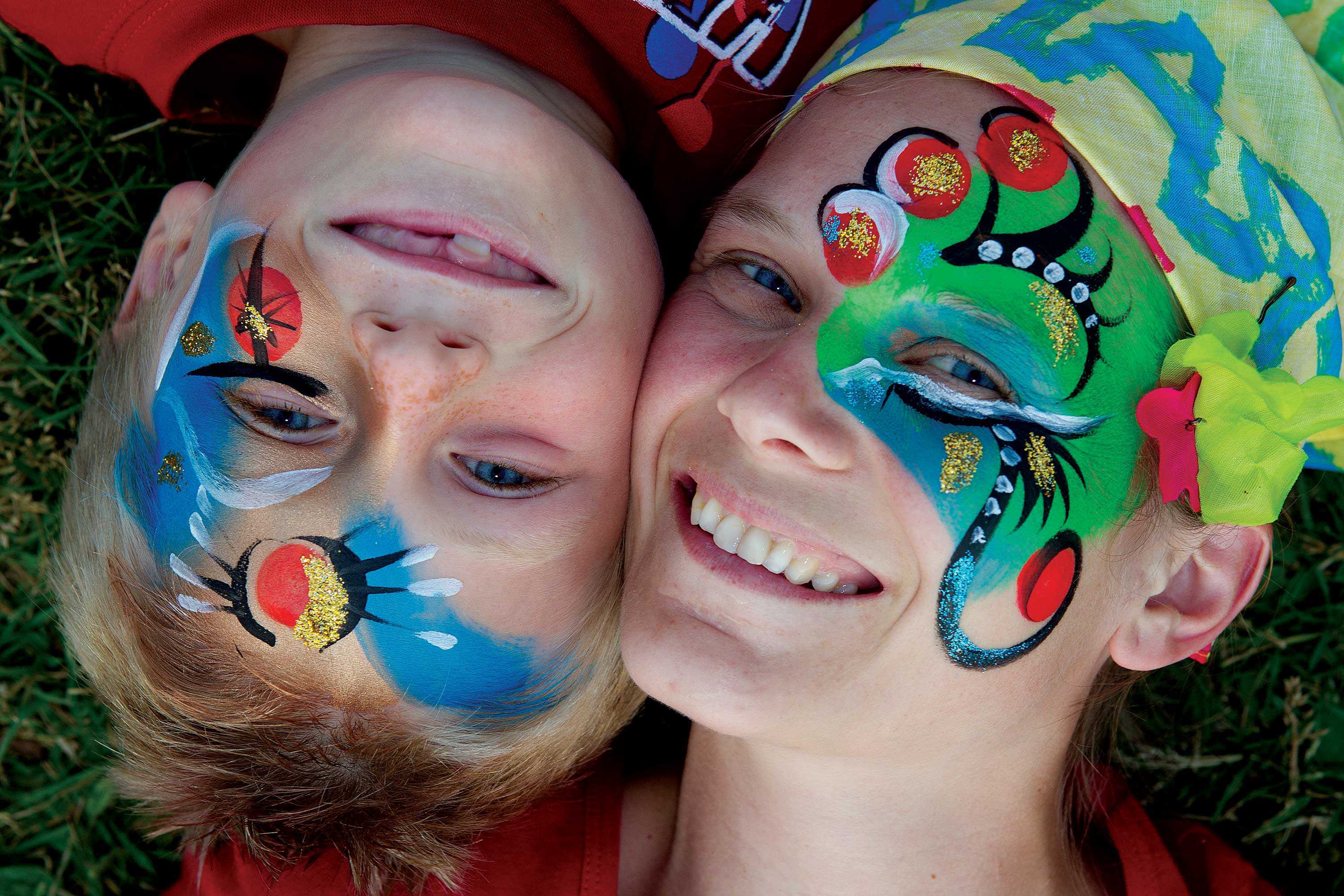
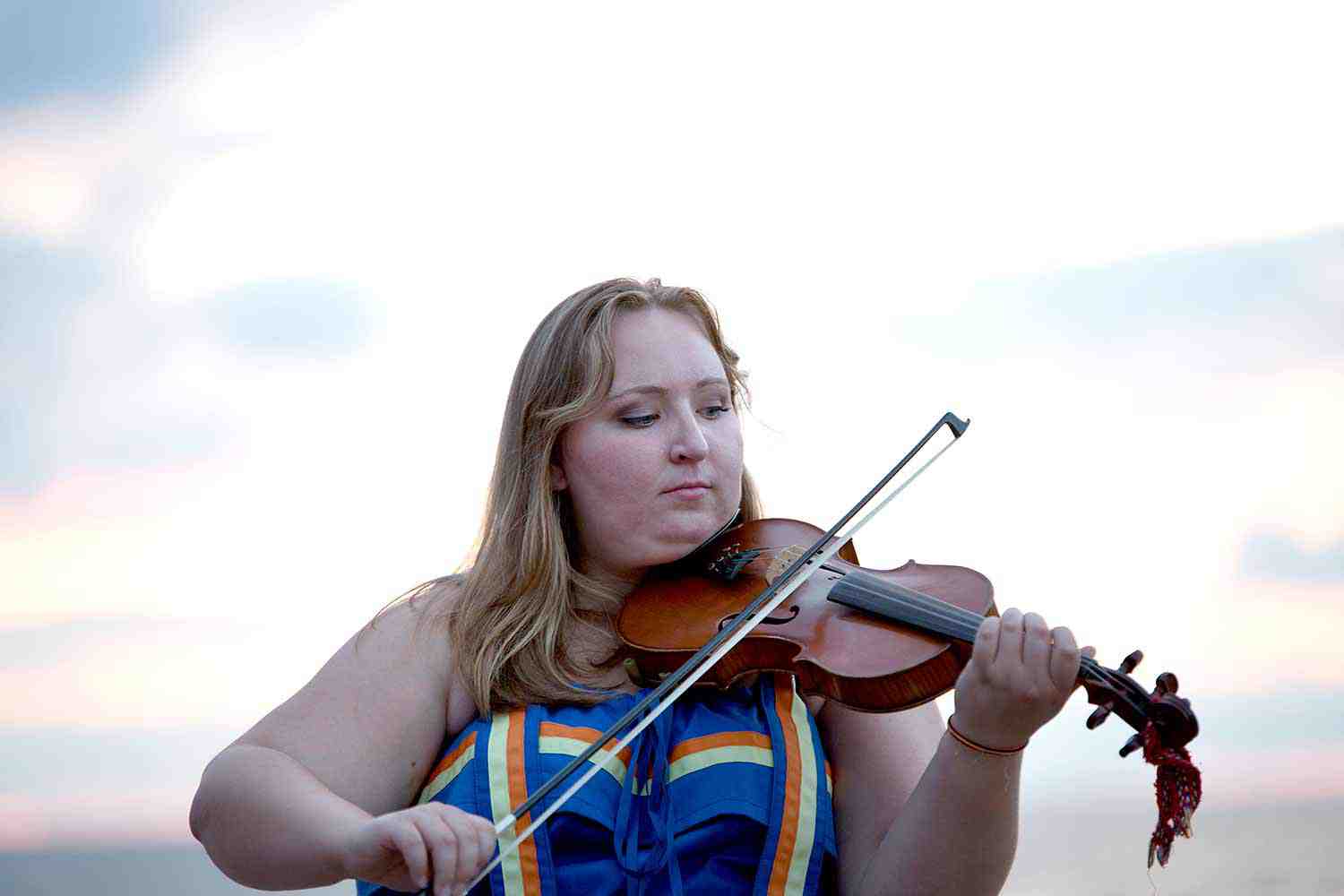
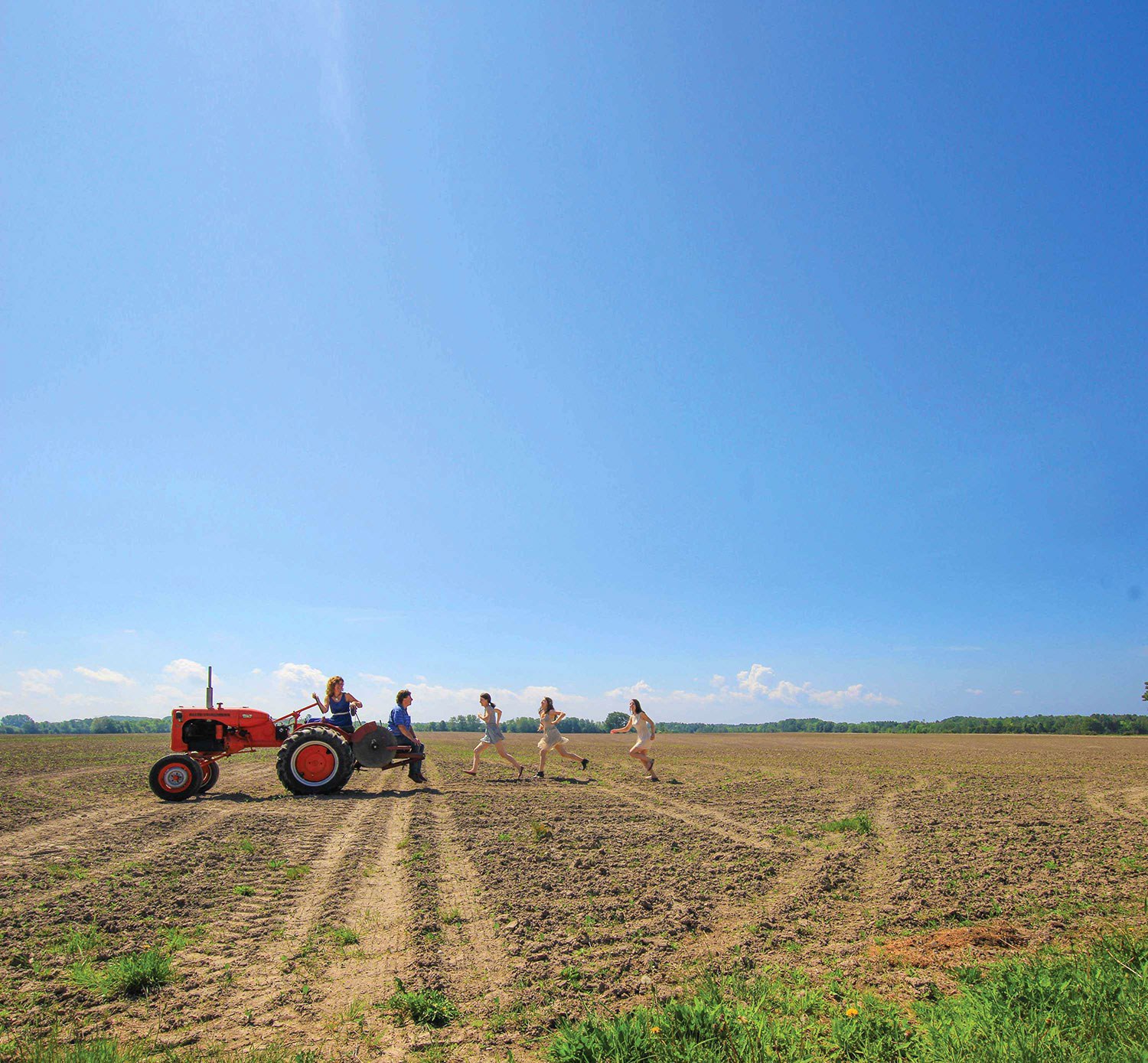
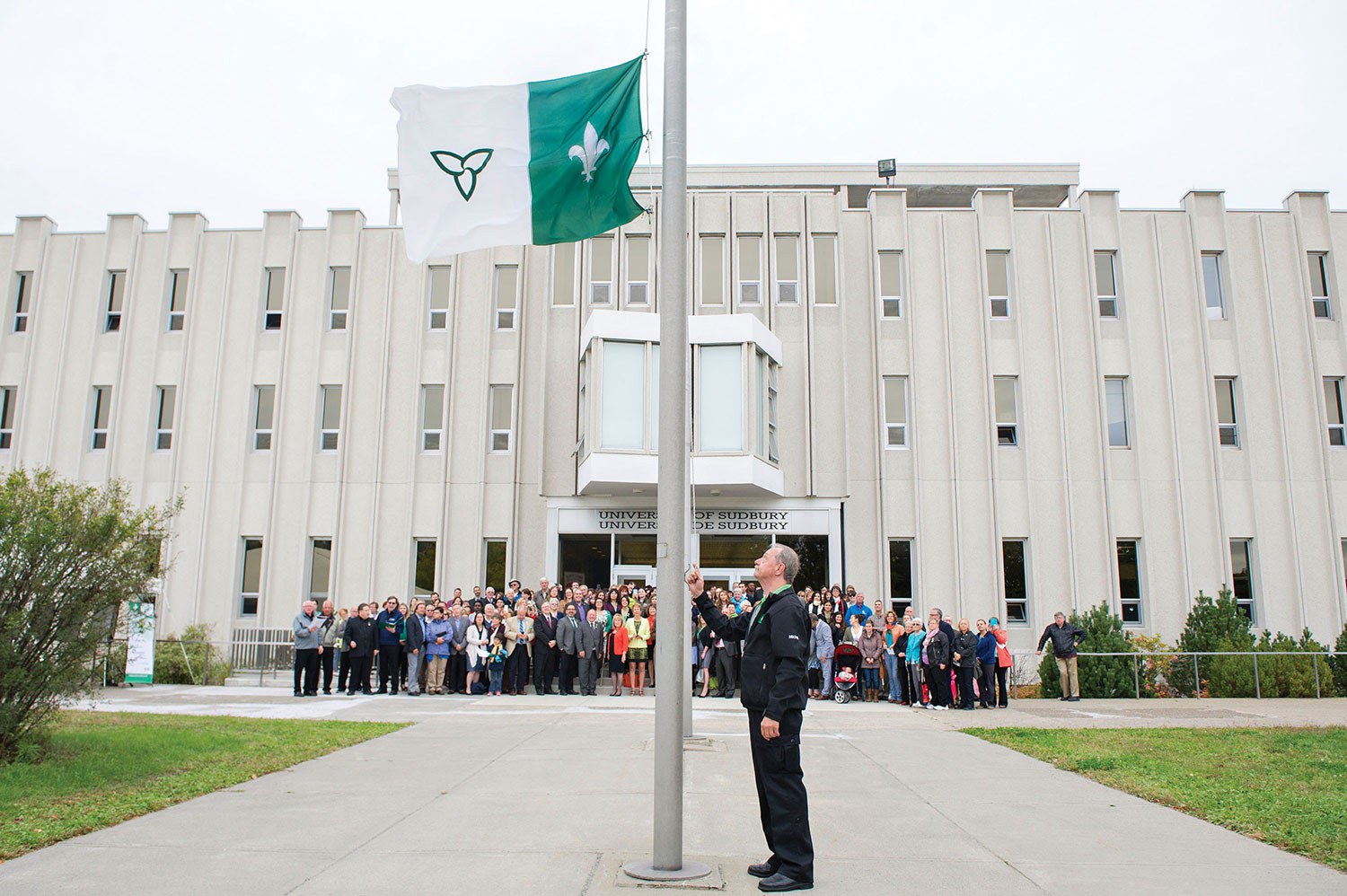
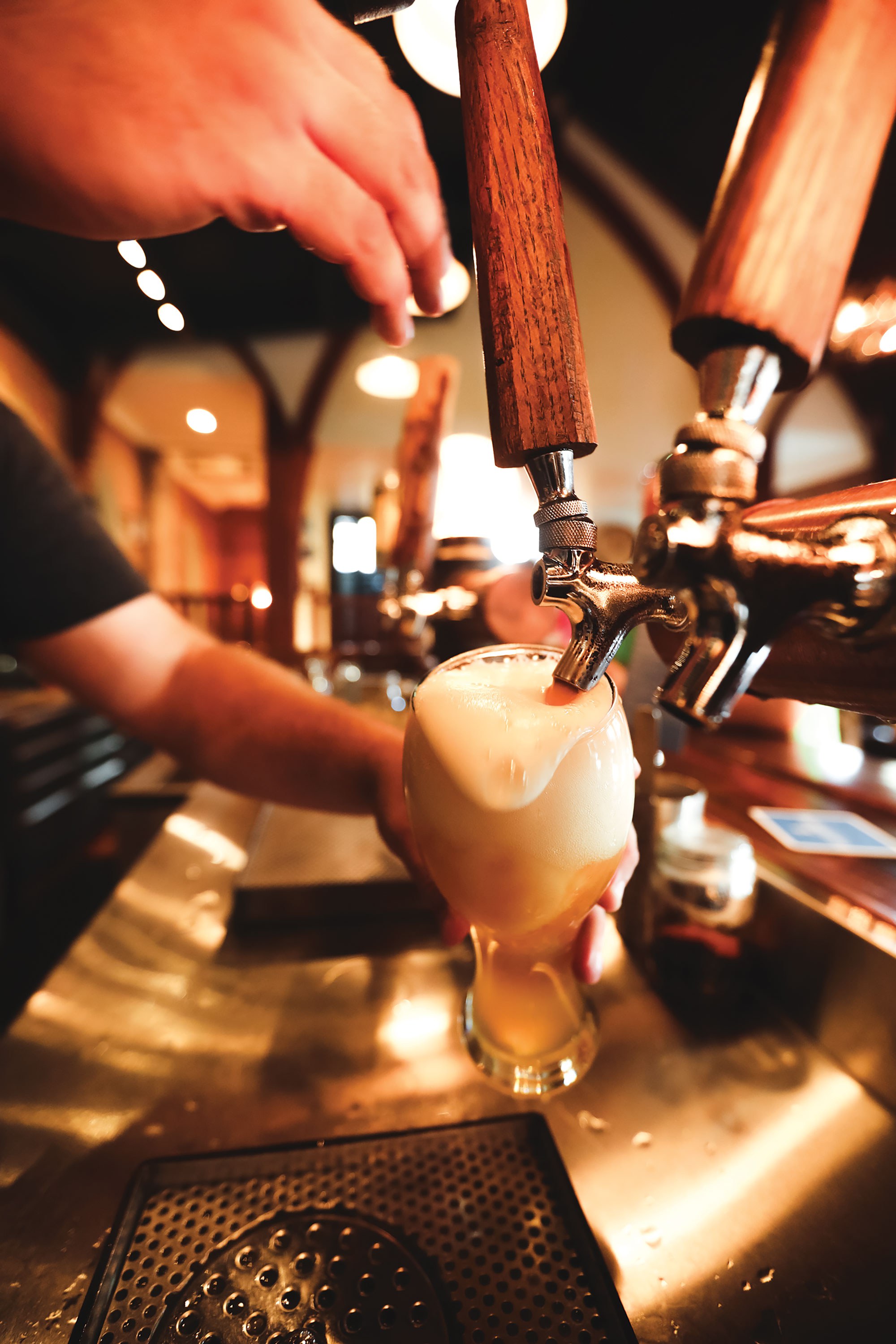
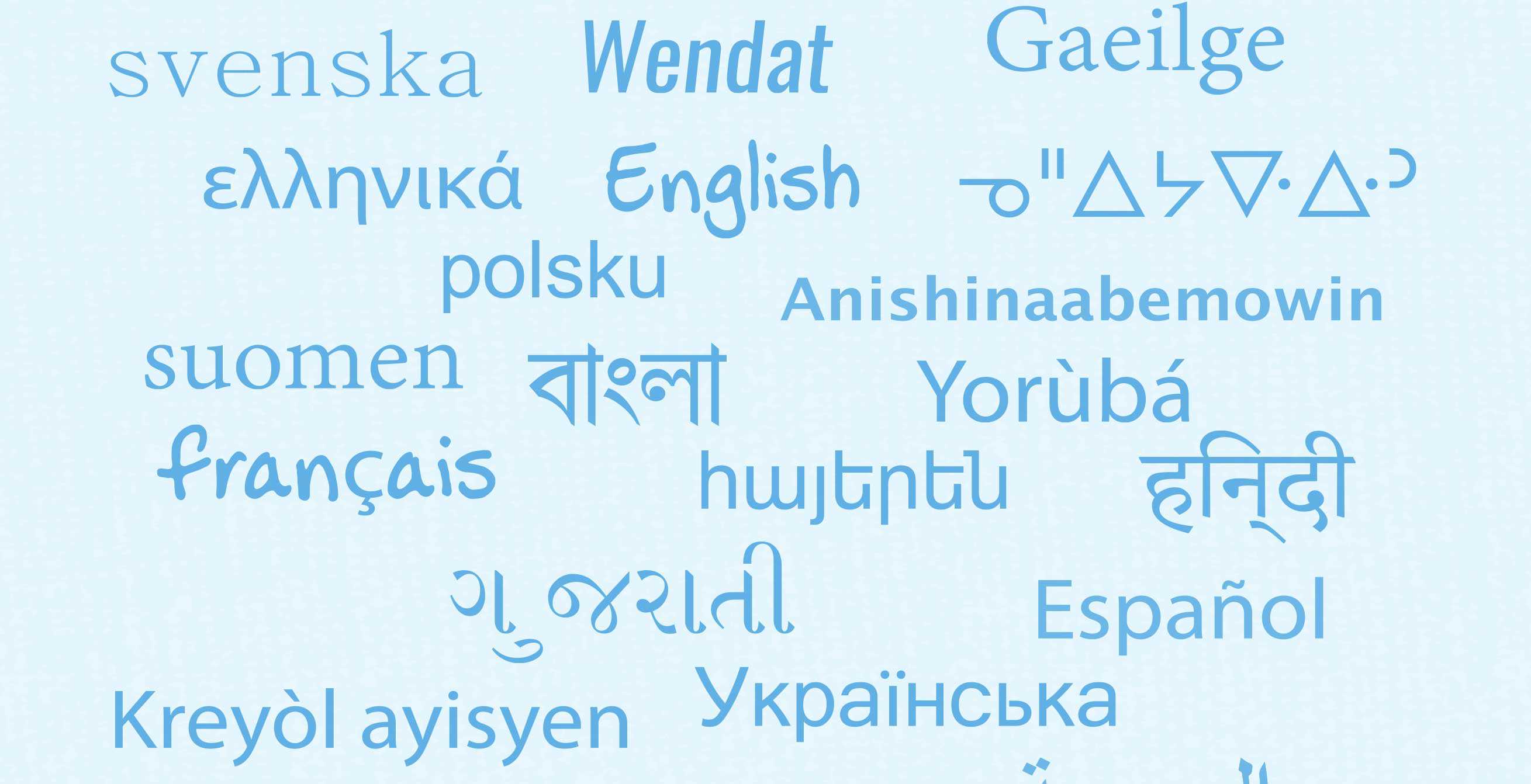
![Rose Lieberman, Rose [Hanford?] Green and Aaron and Sarah Ladovsky in front of United Bakers restaurant, Spadina Ave., Toronto, 1920. Ontario Jewish Archives, Blankenstein Family Heritage Centre, fonds 83, file 9, item 16.](https://www.heritage-matters.ca/uploads/Articles/SoupsOn_Archival_3505.jpg)
